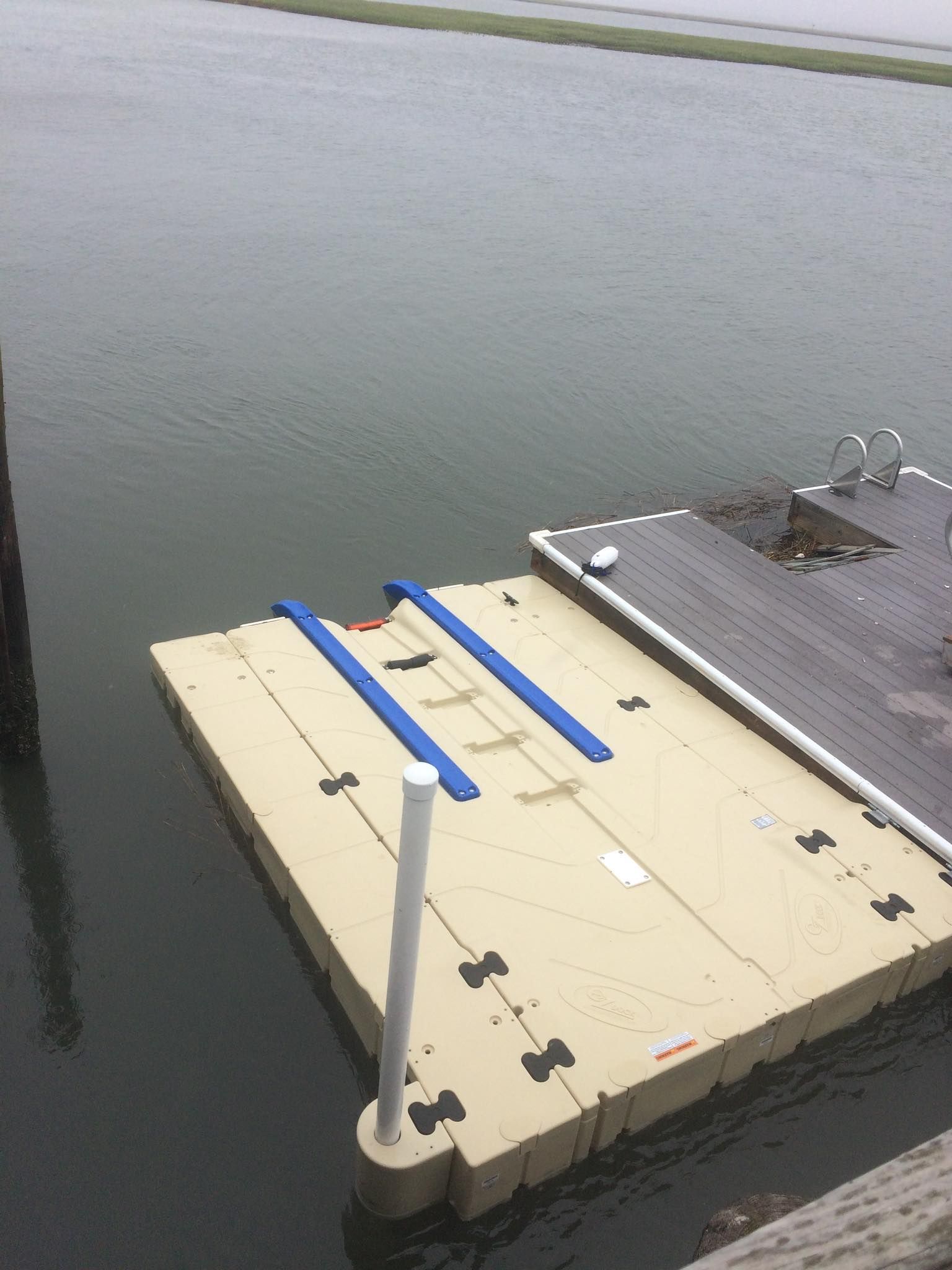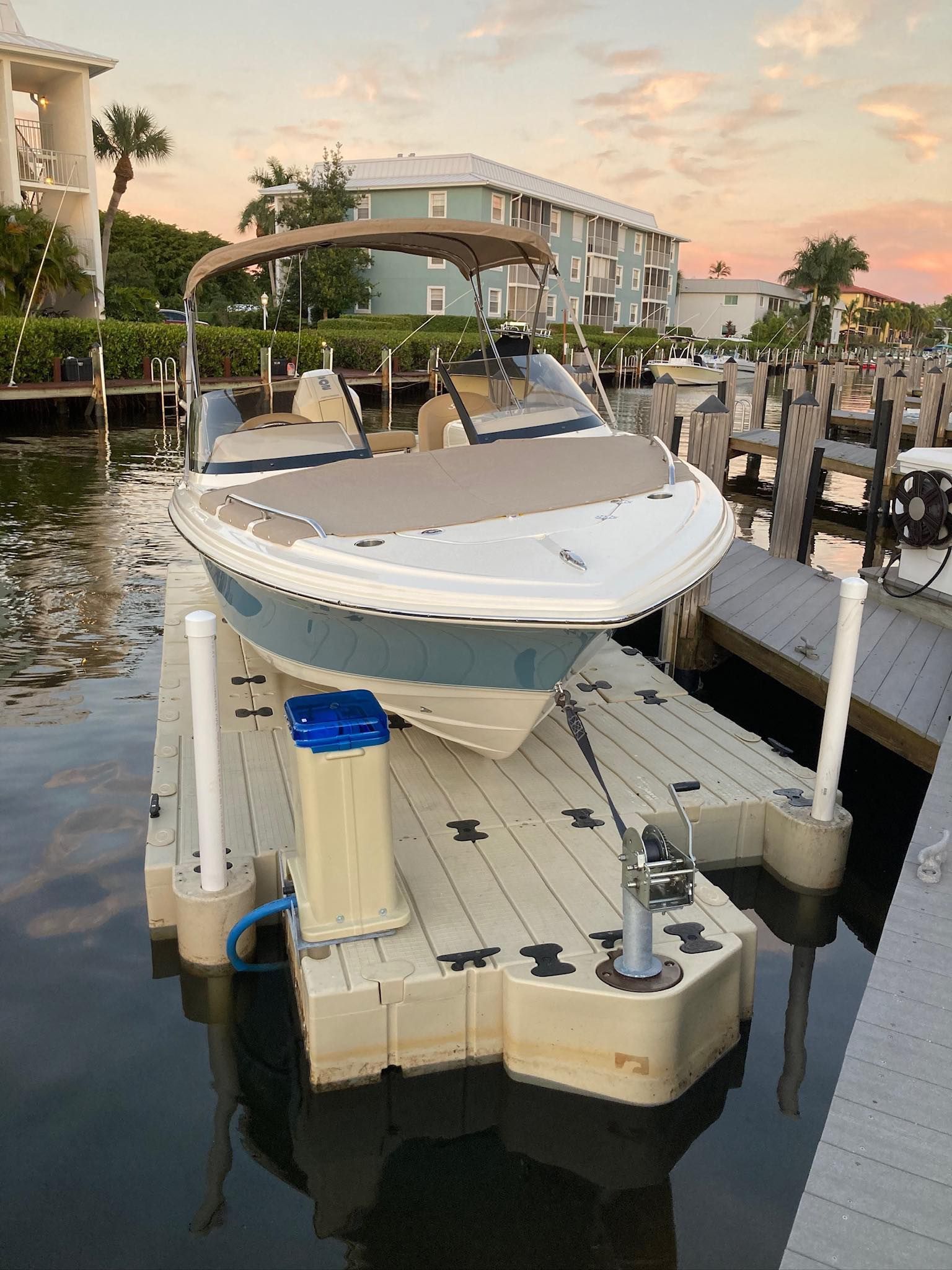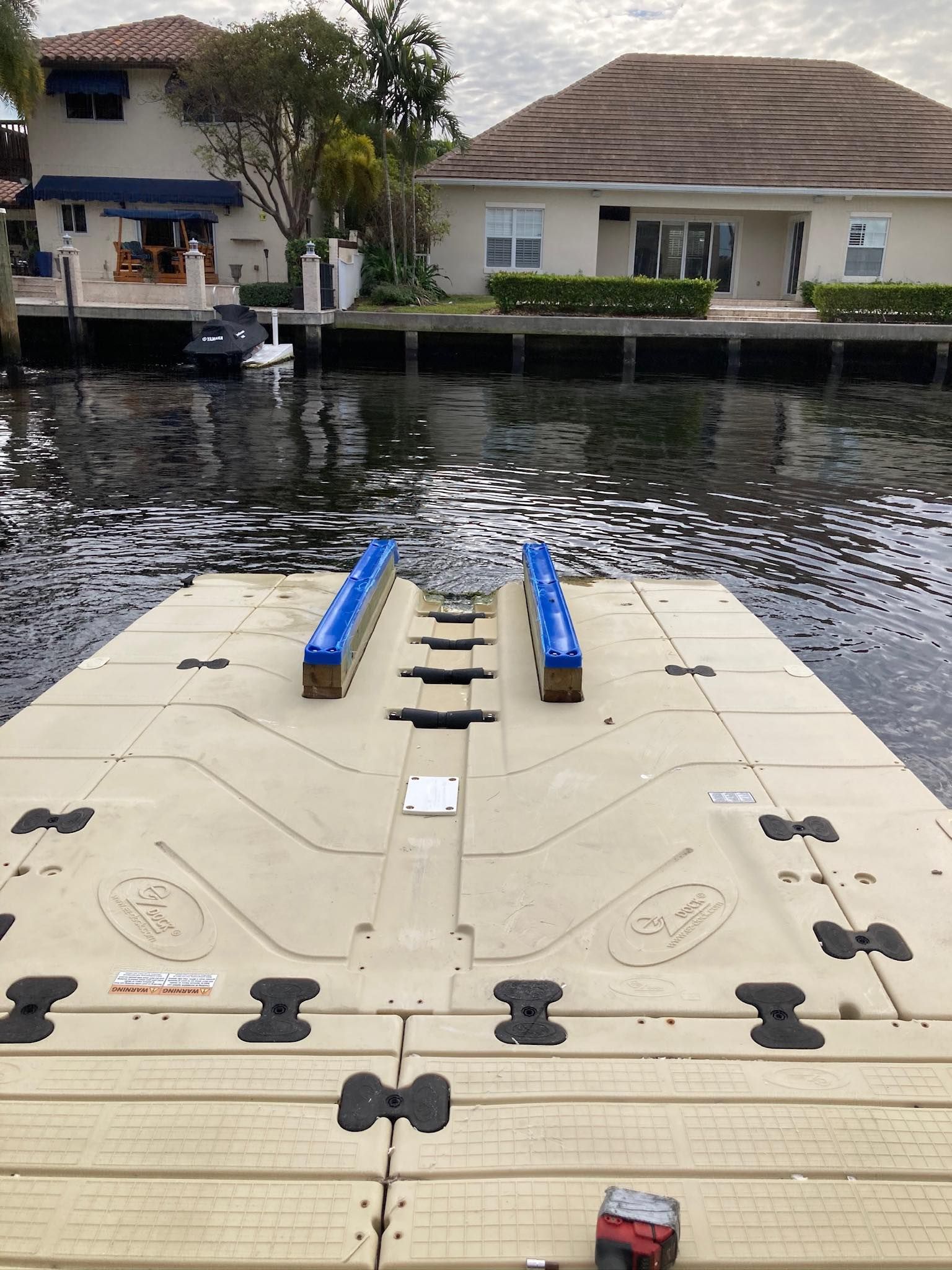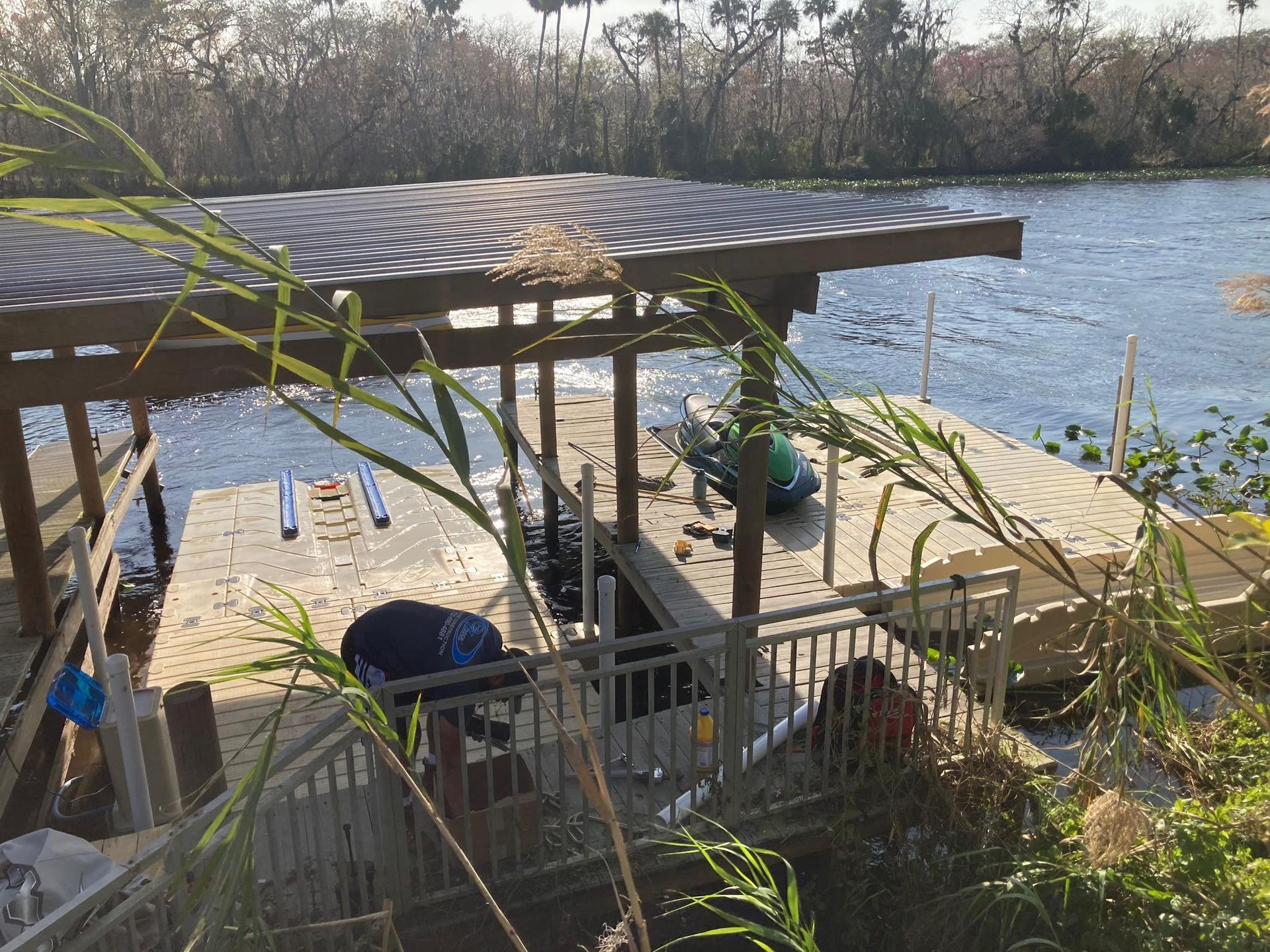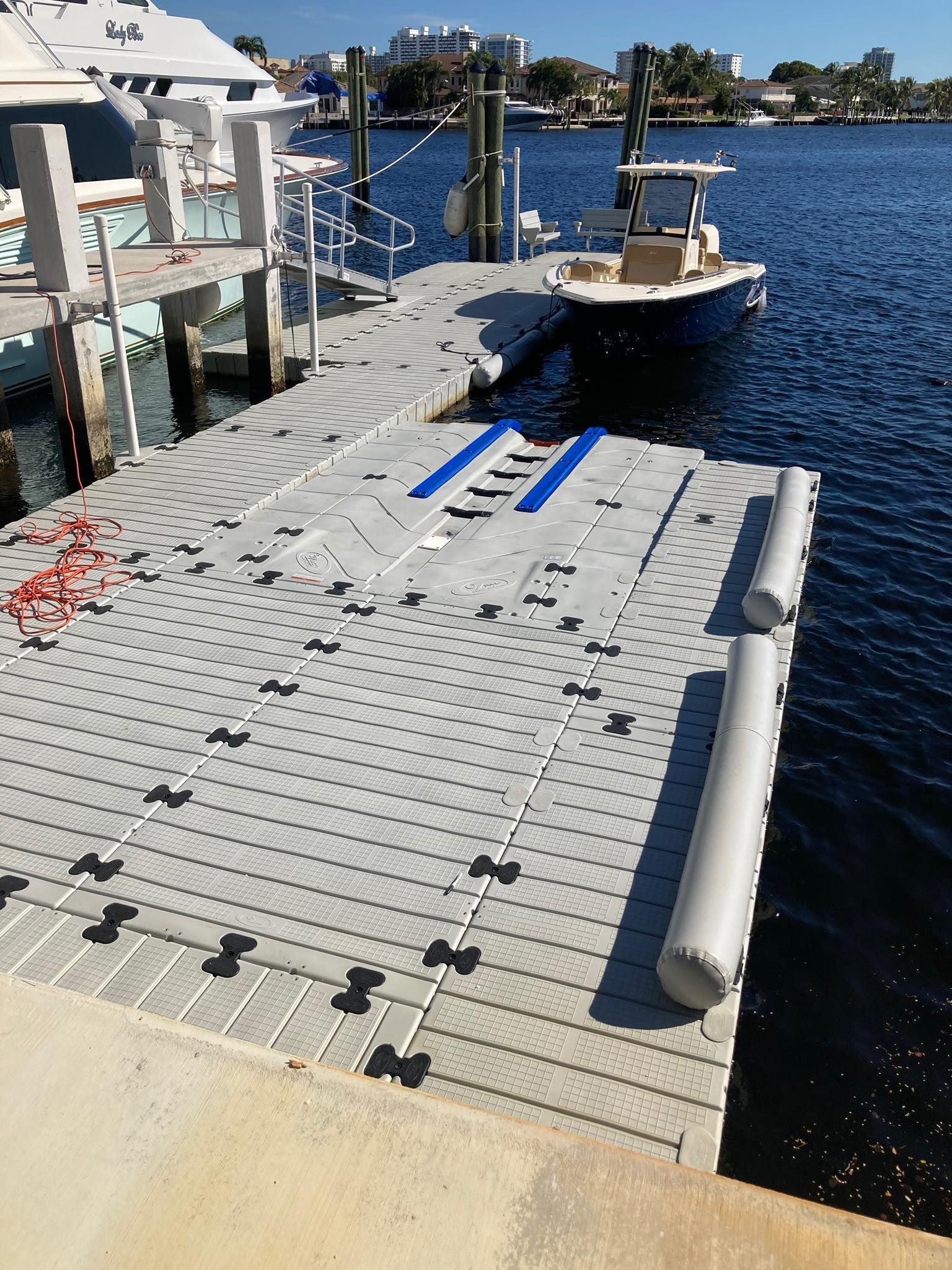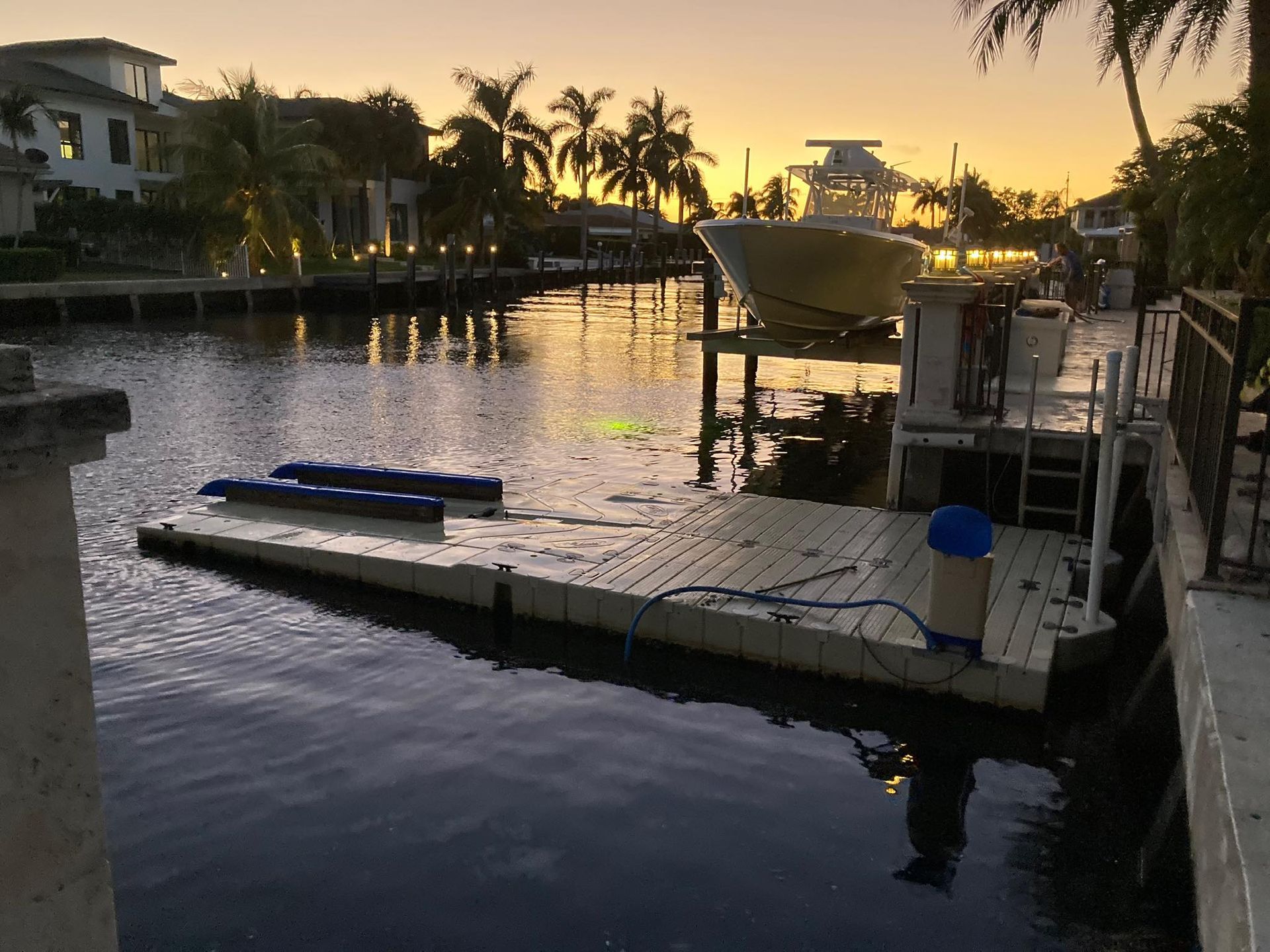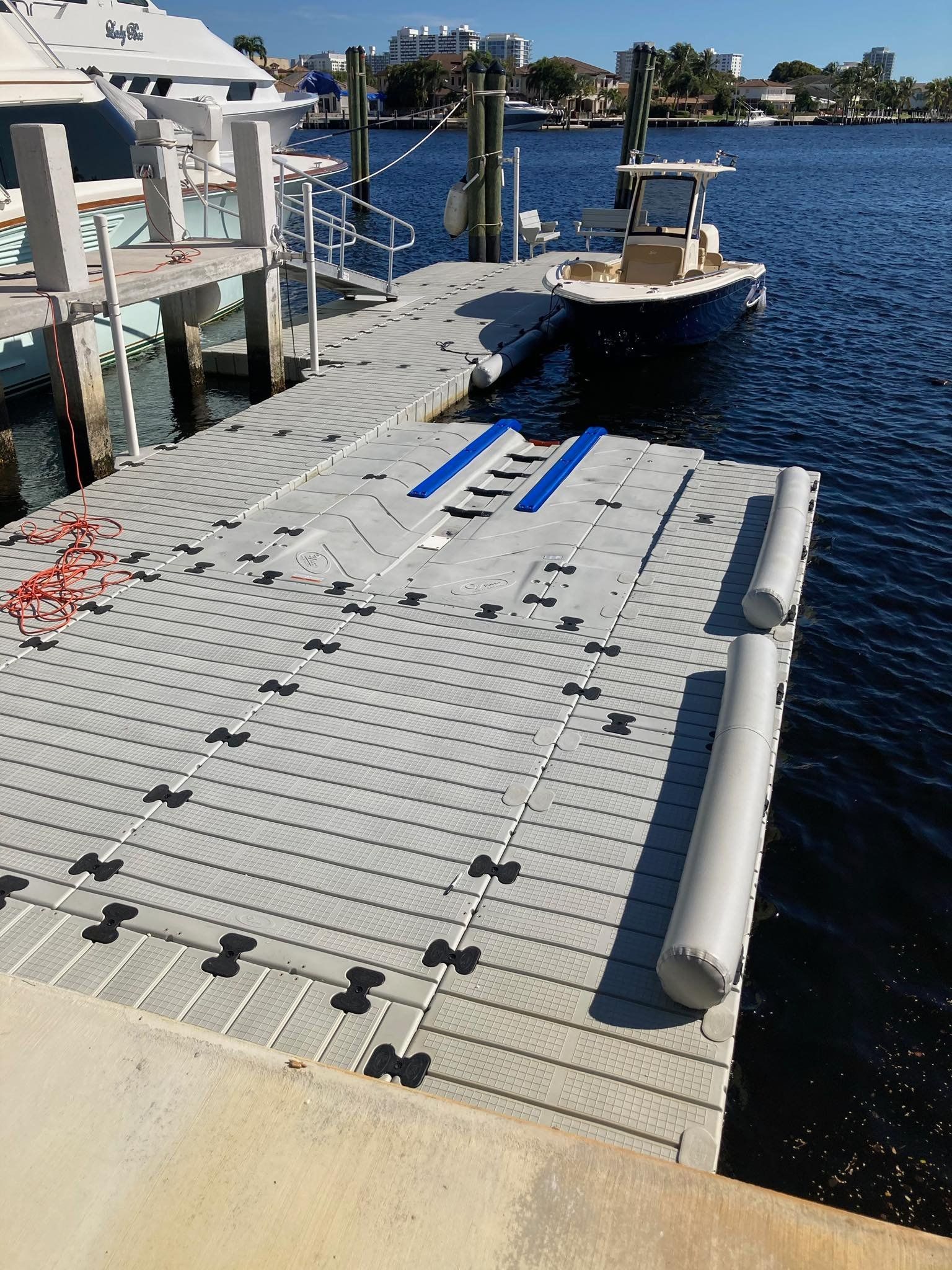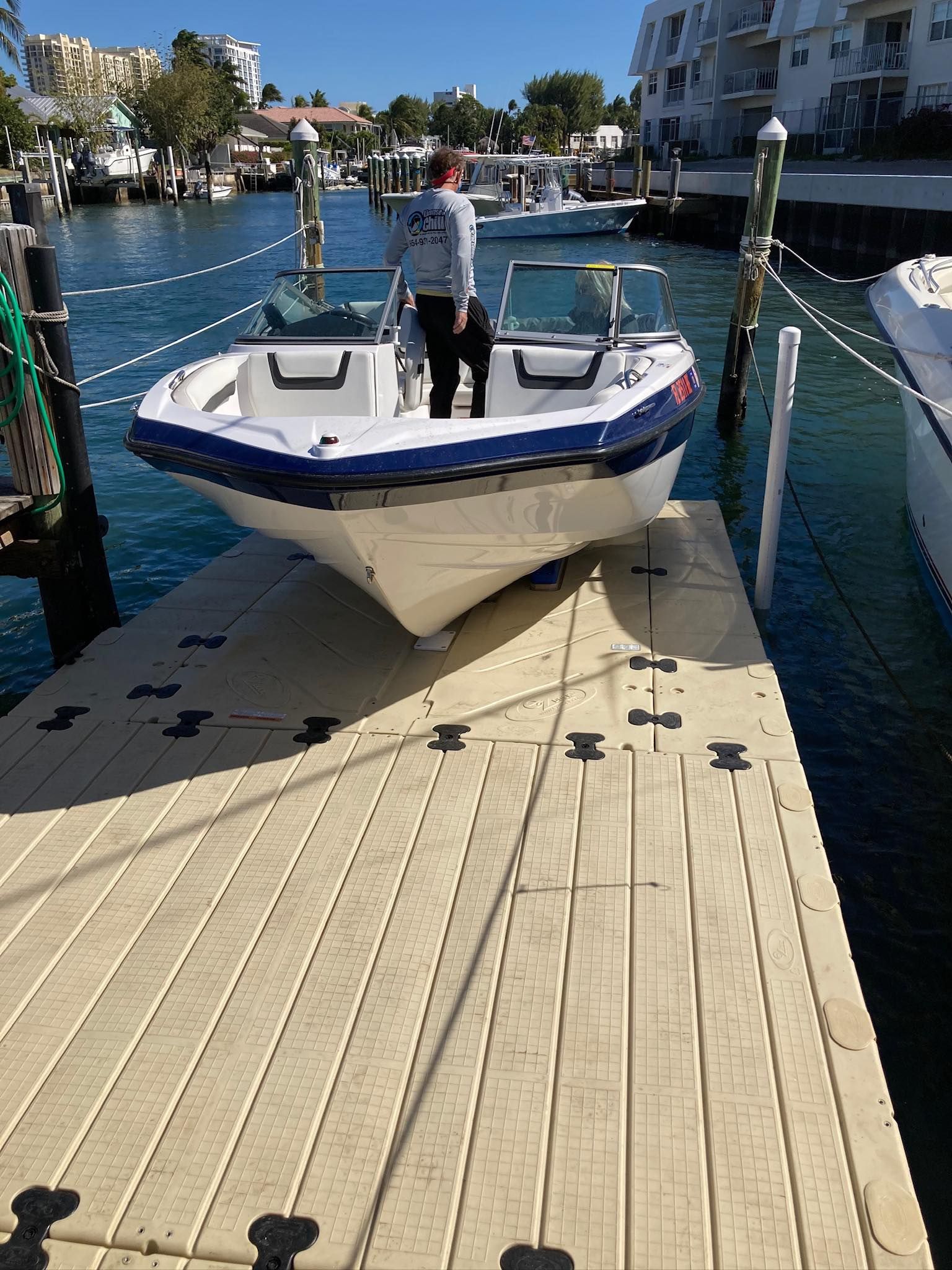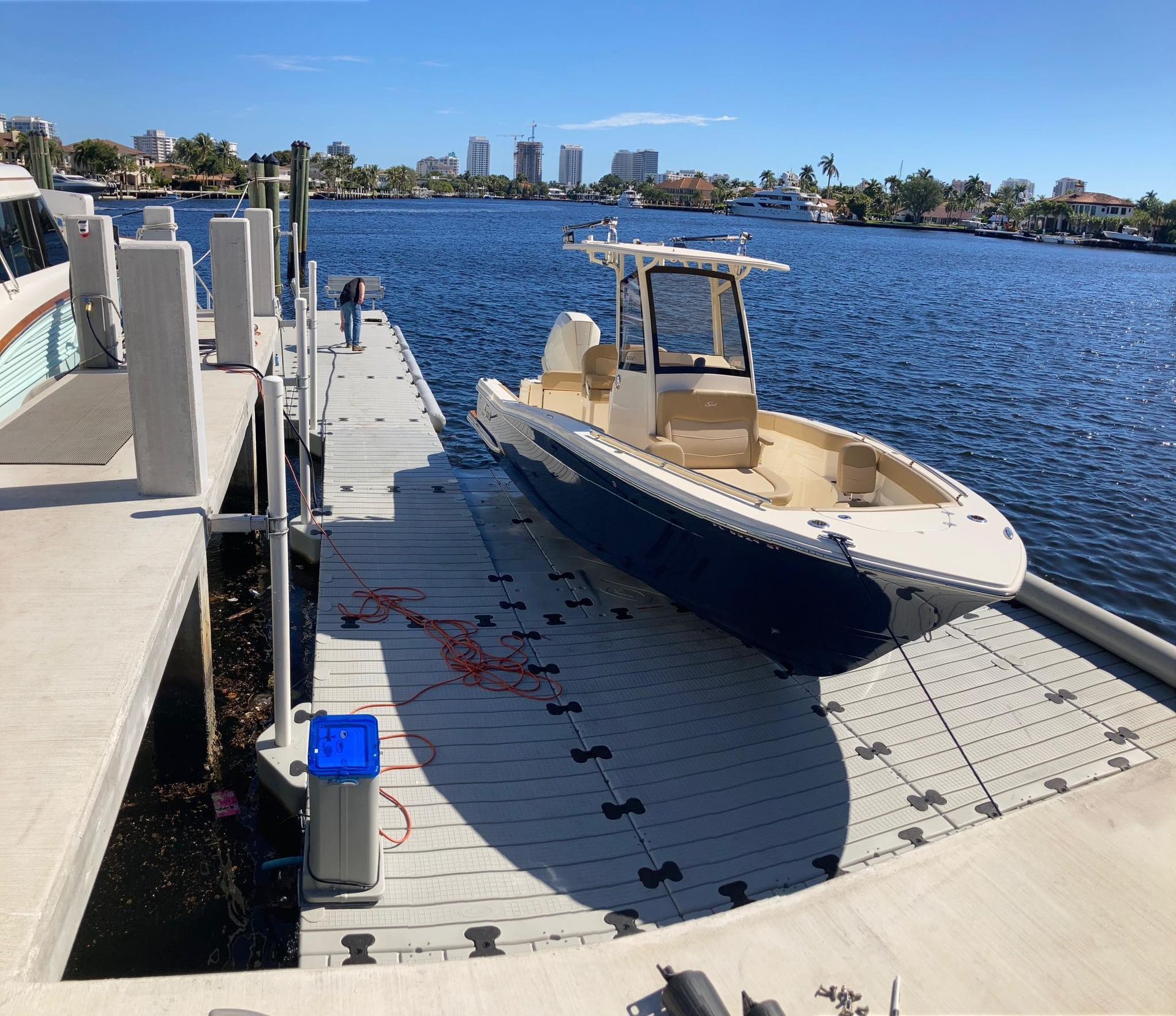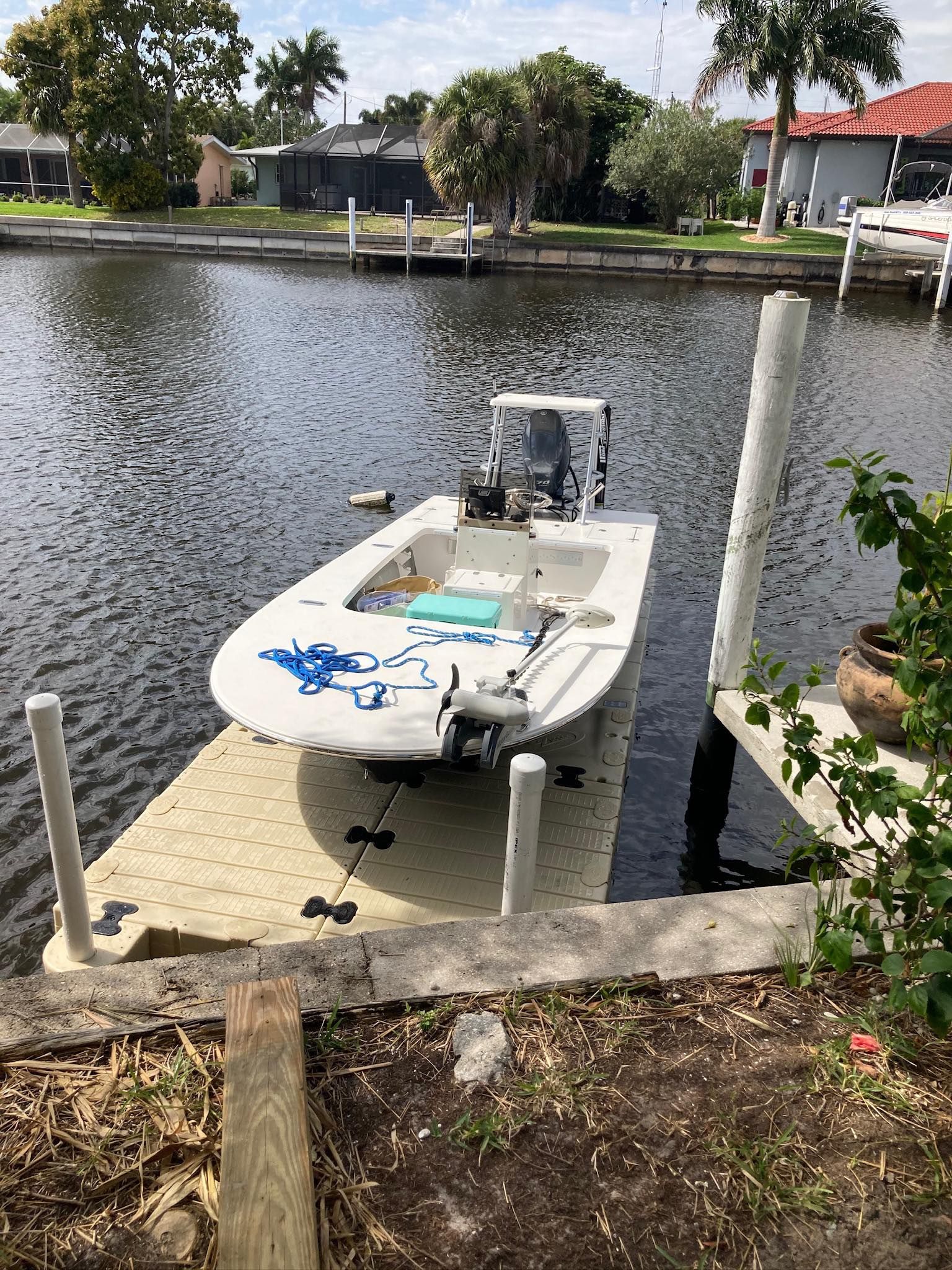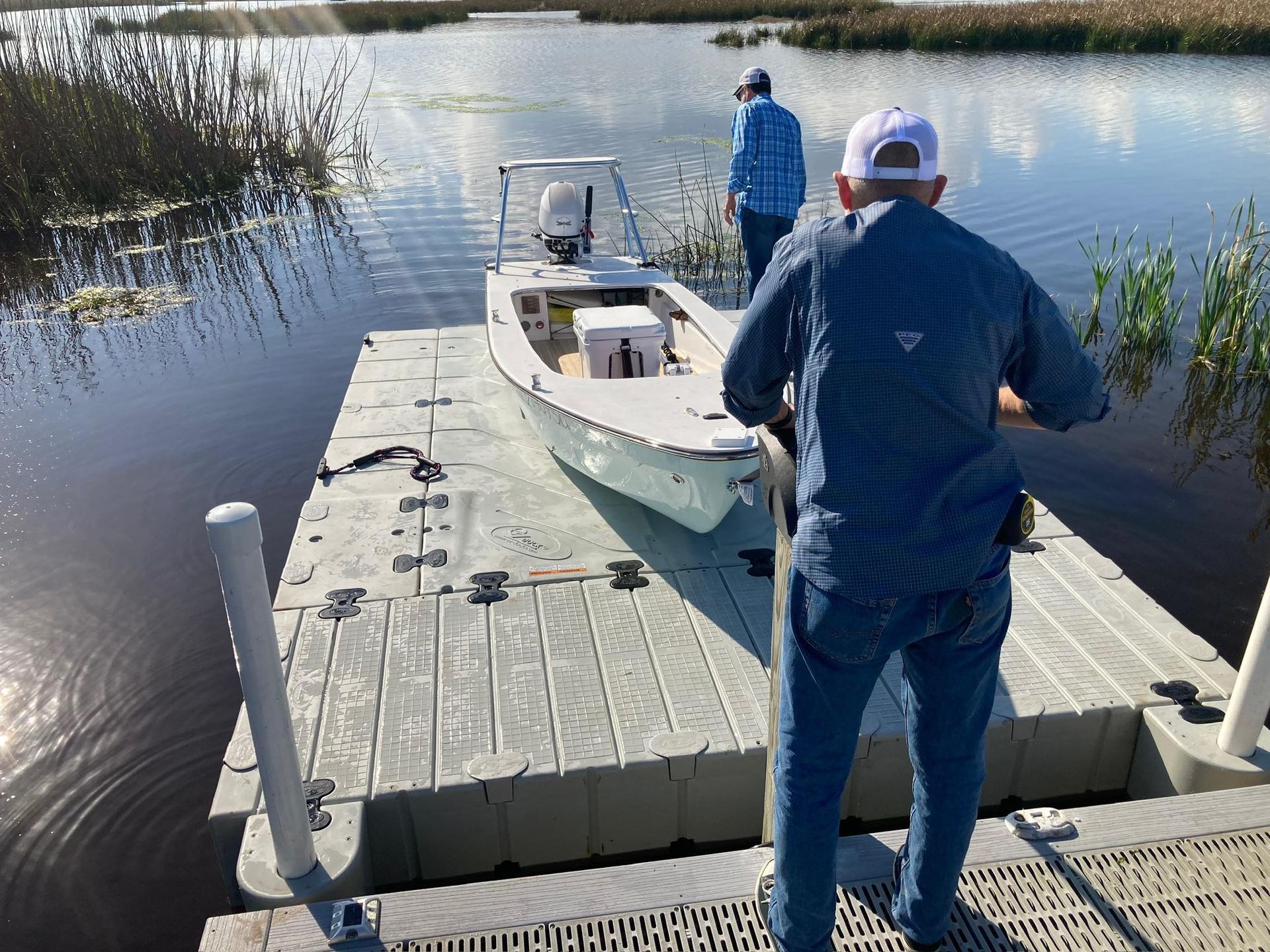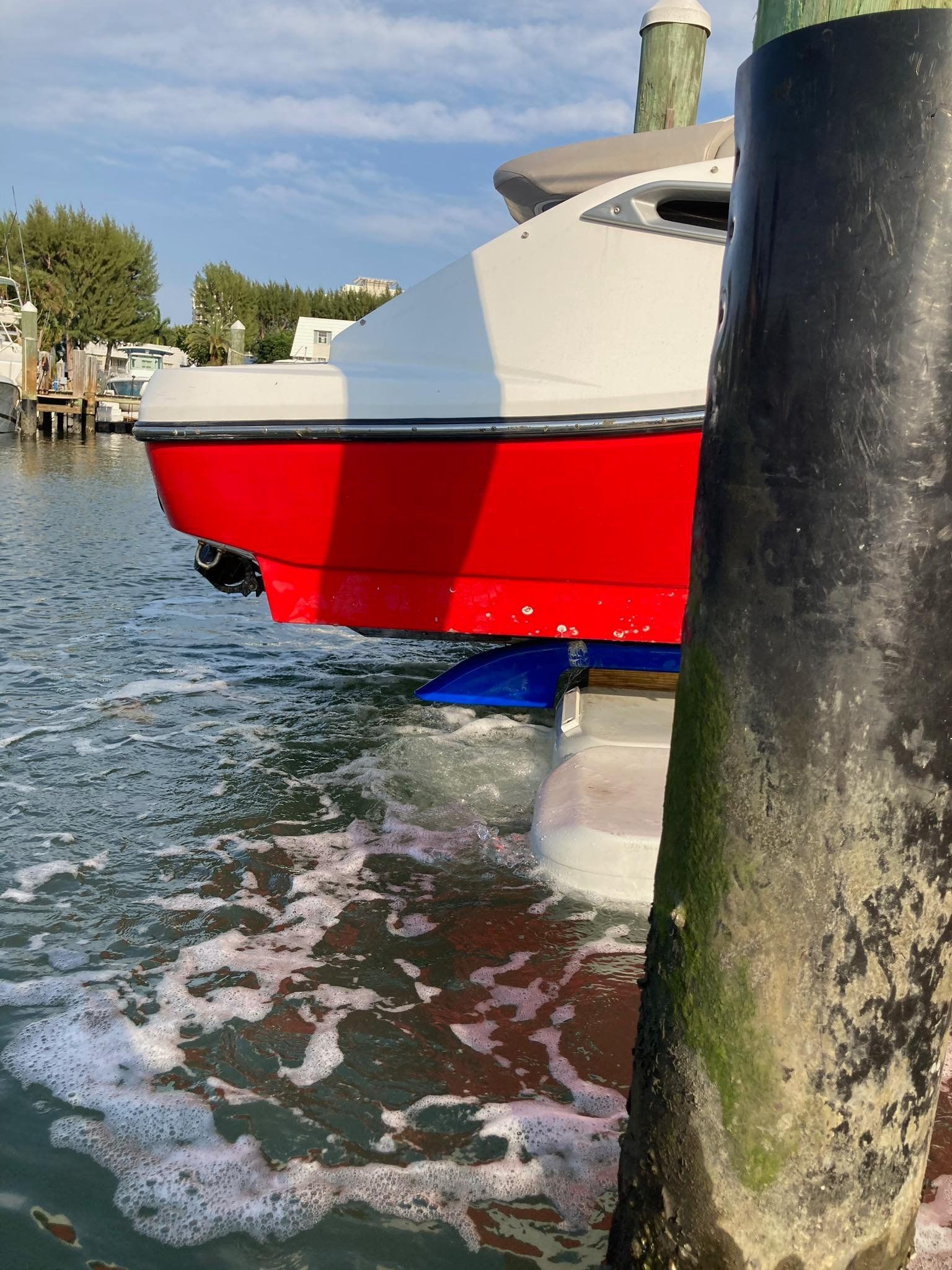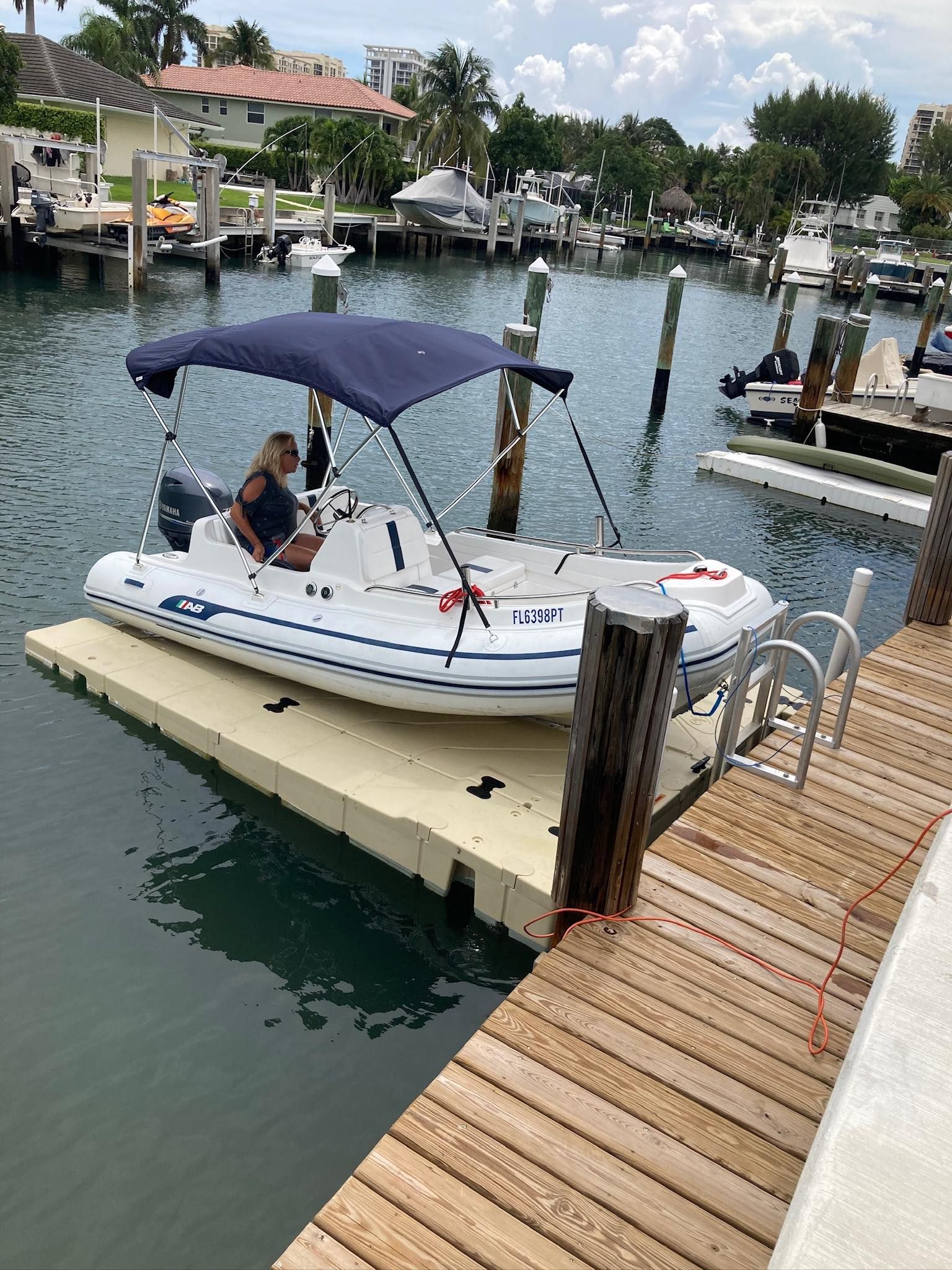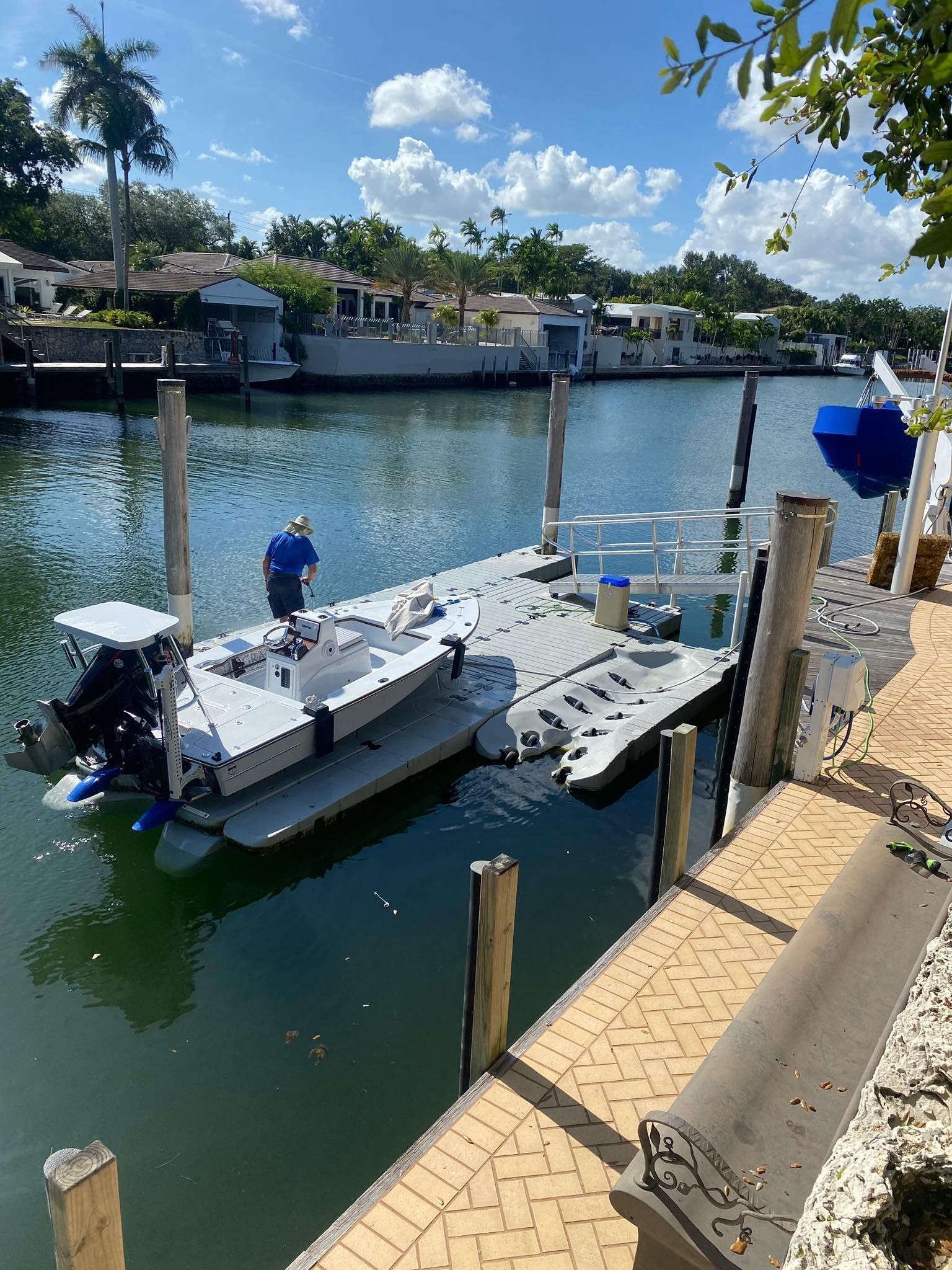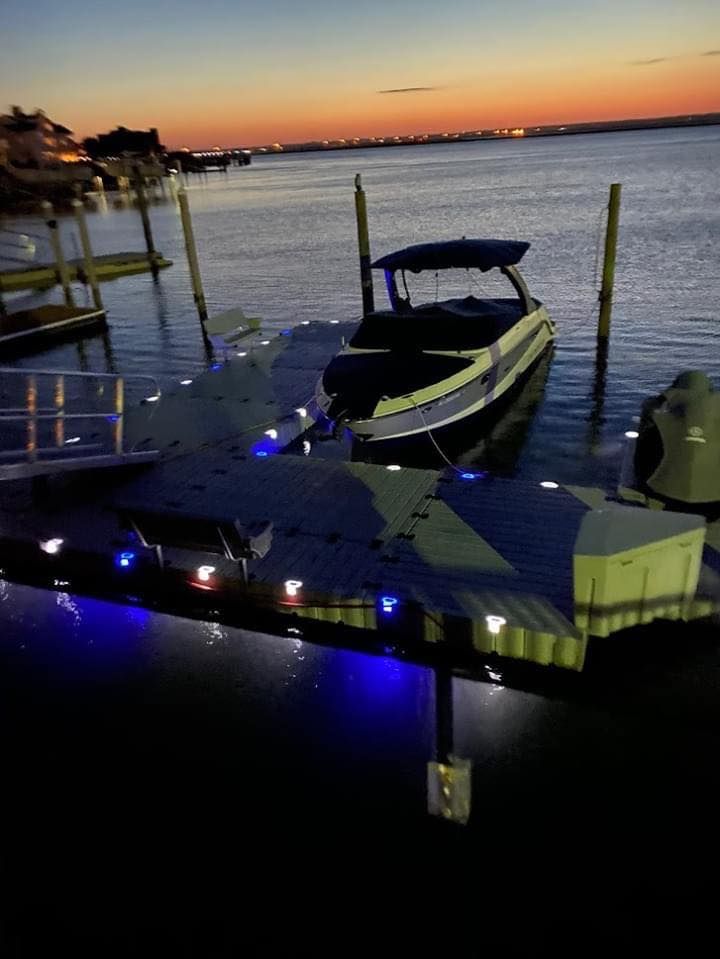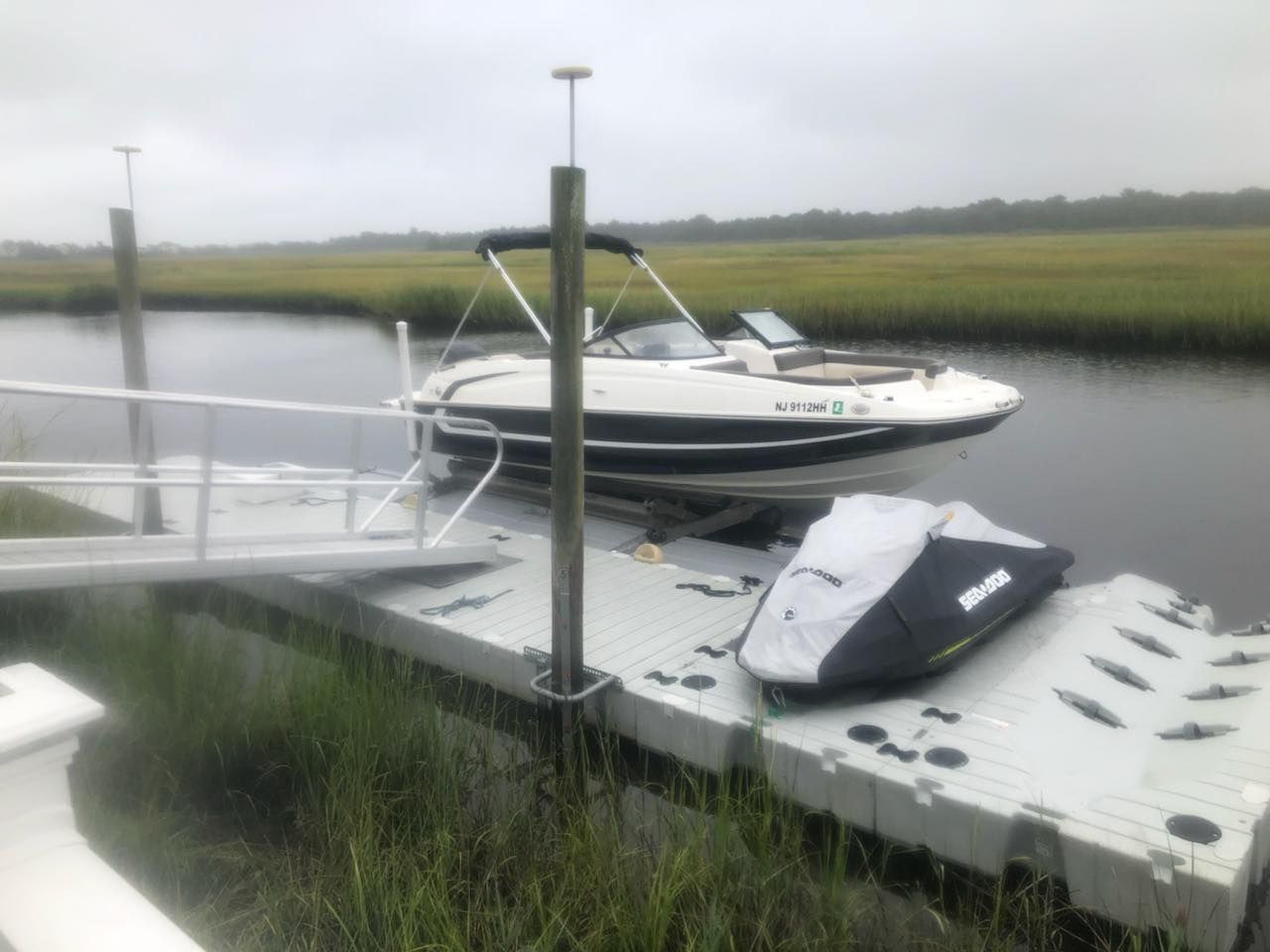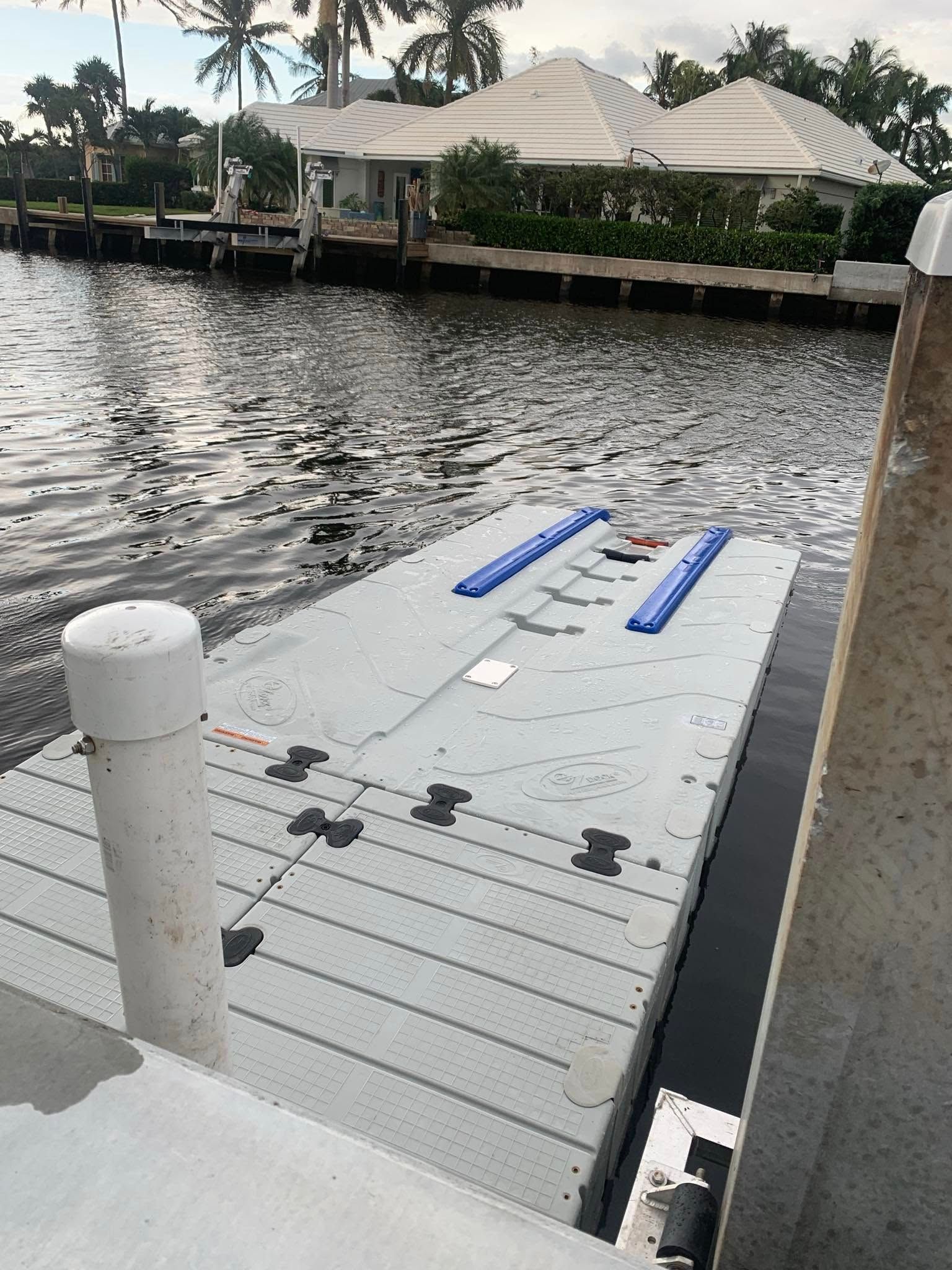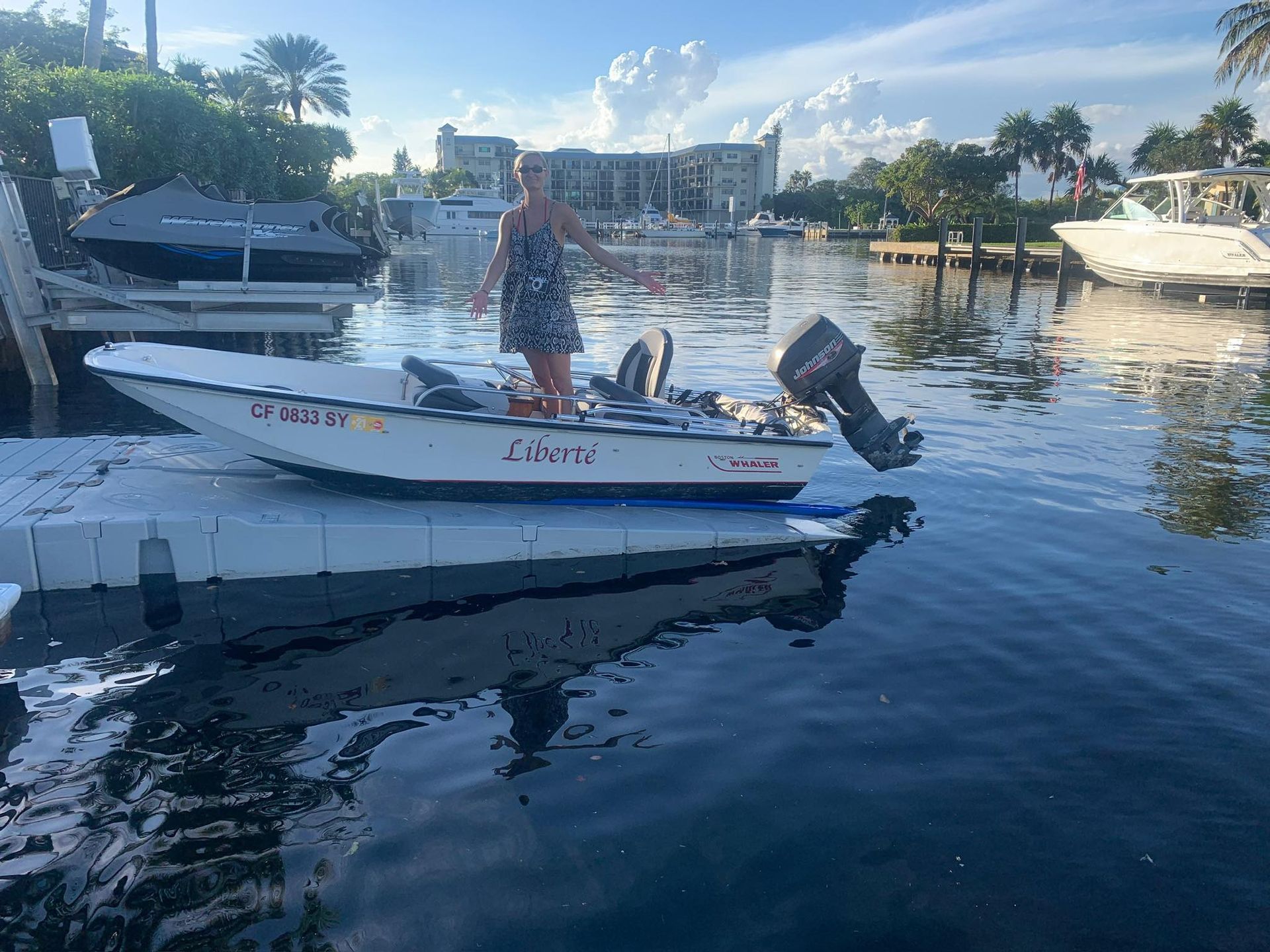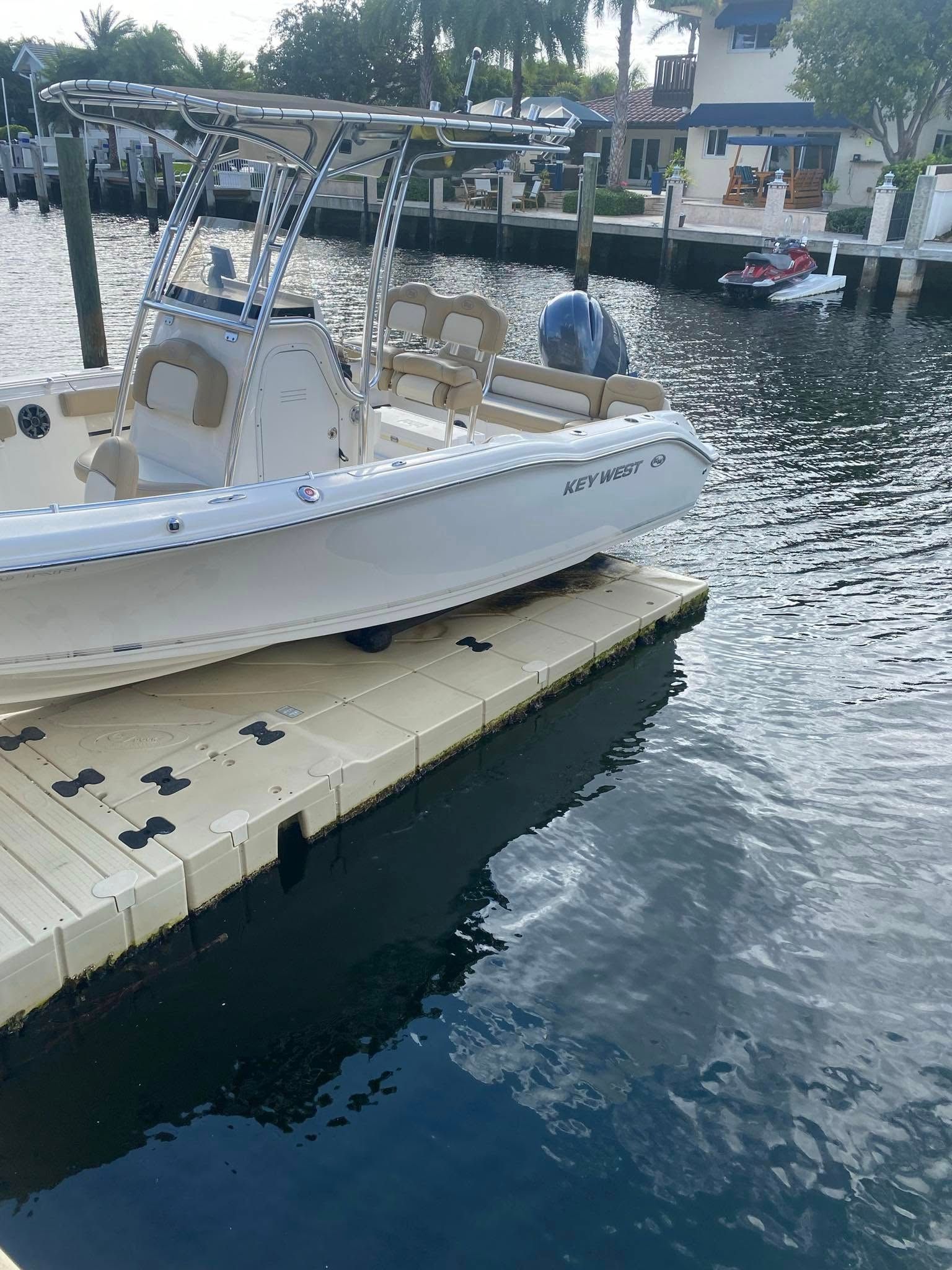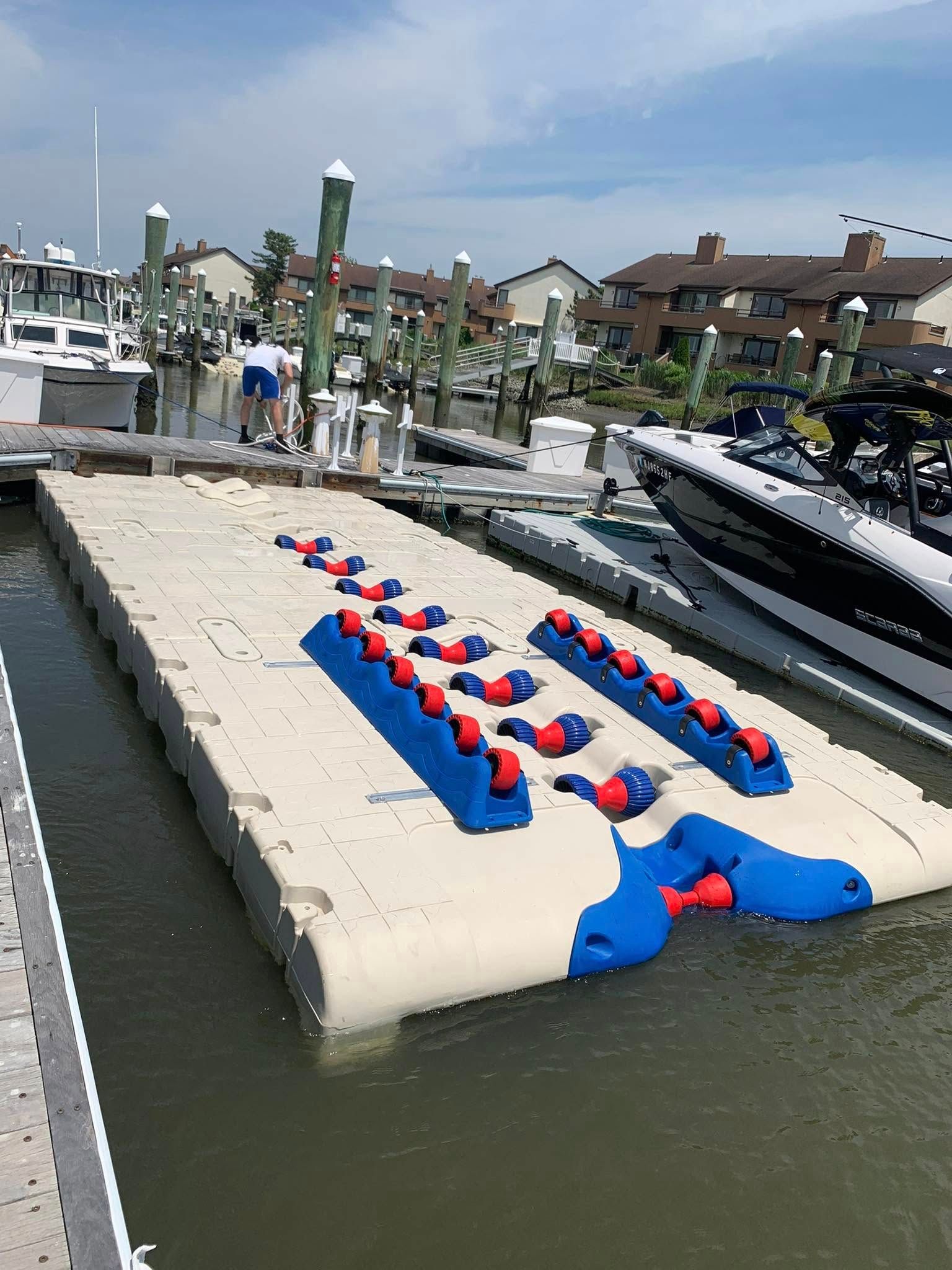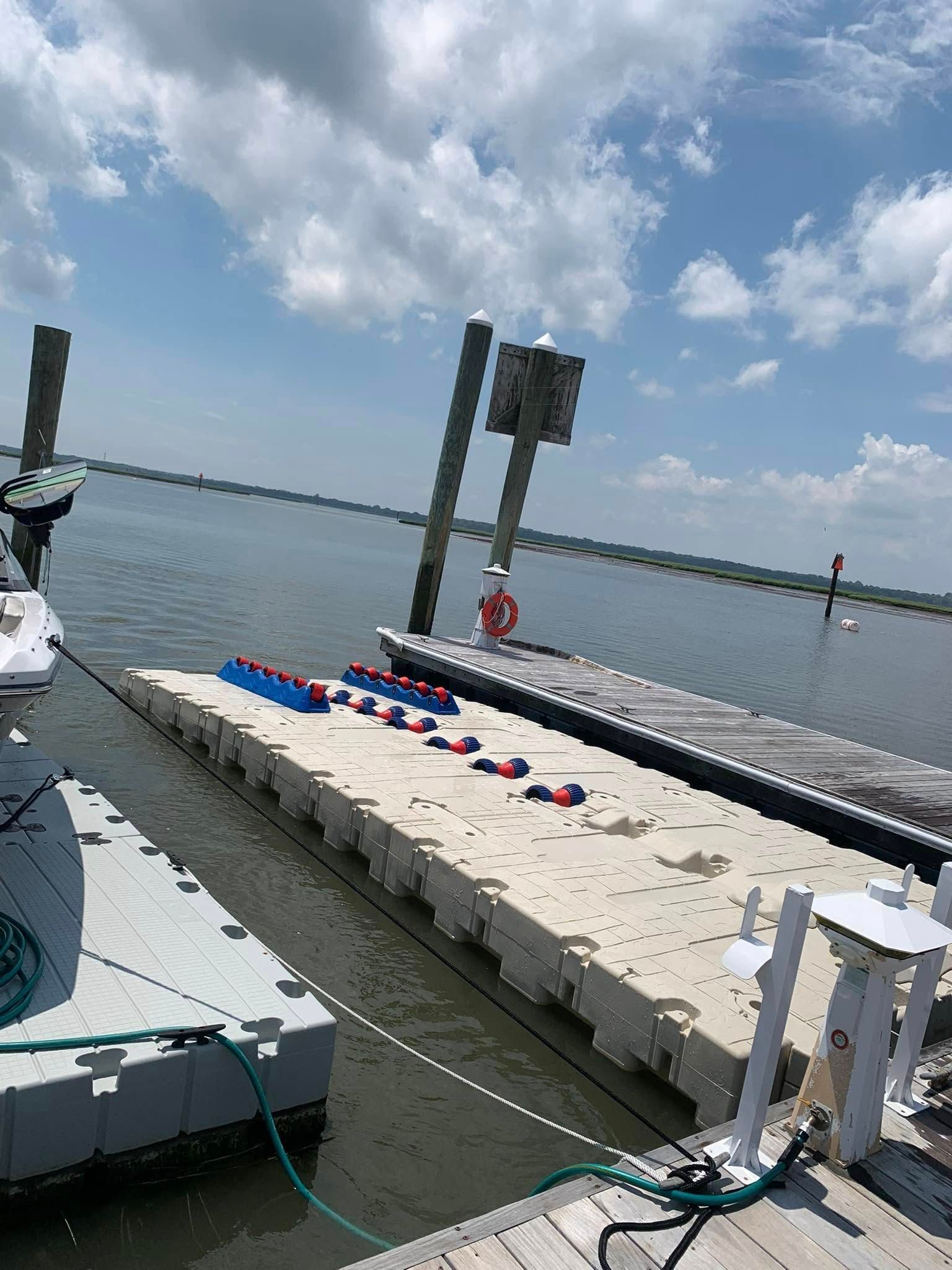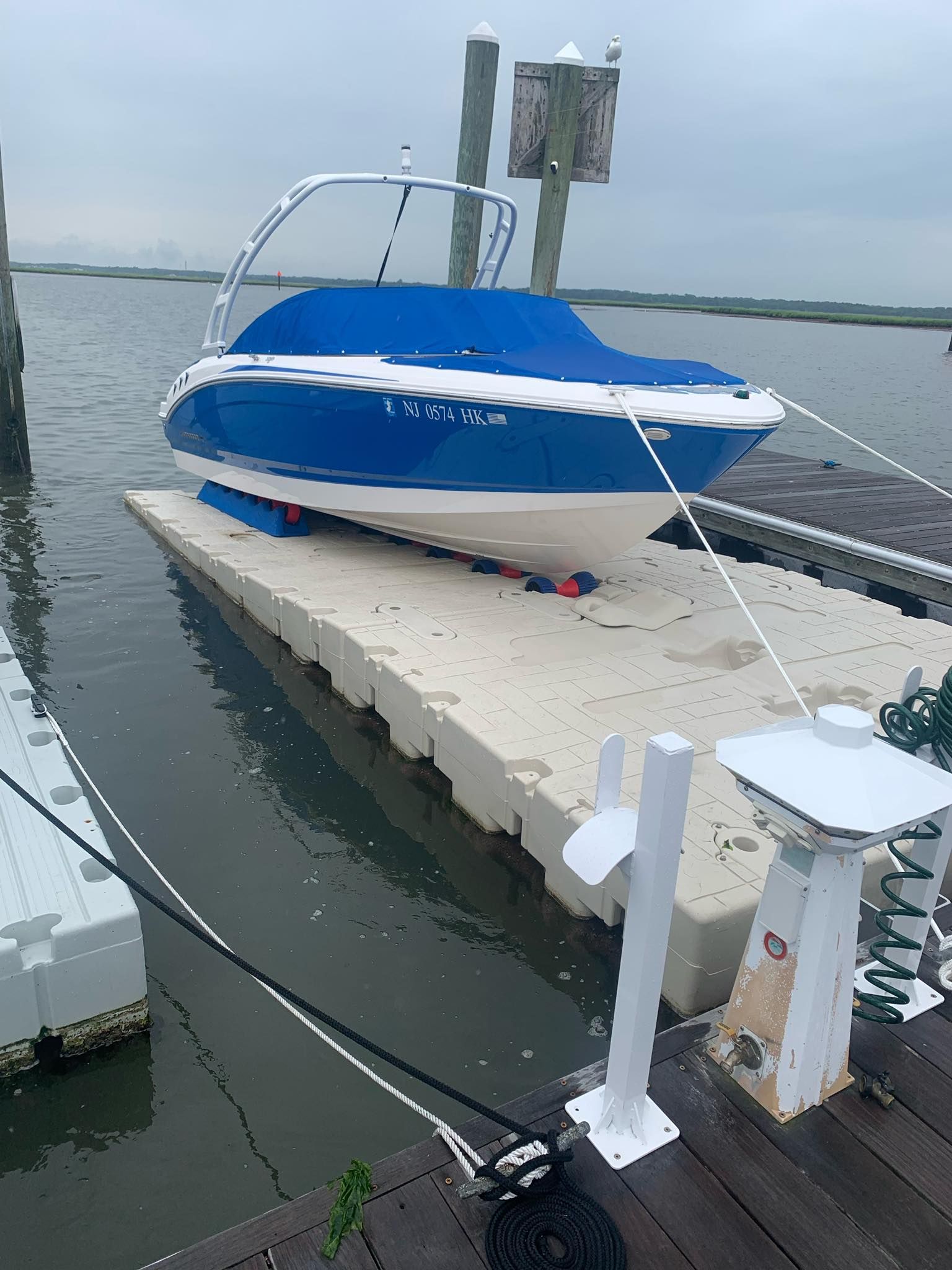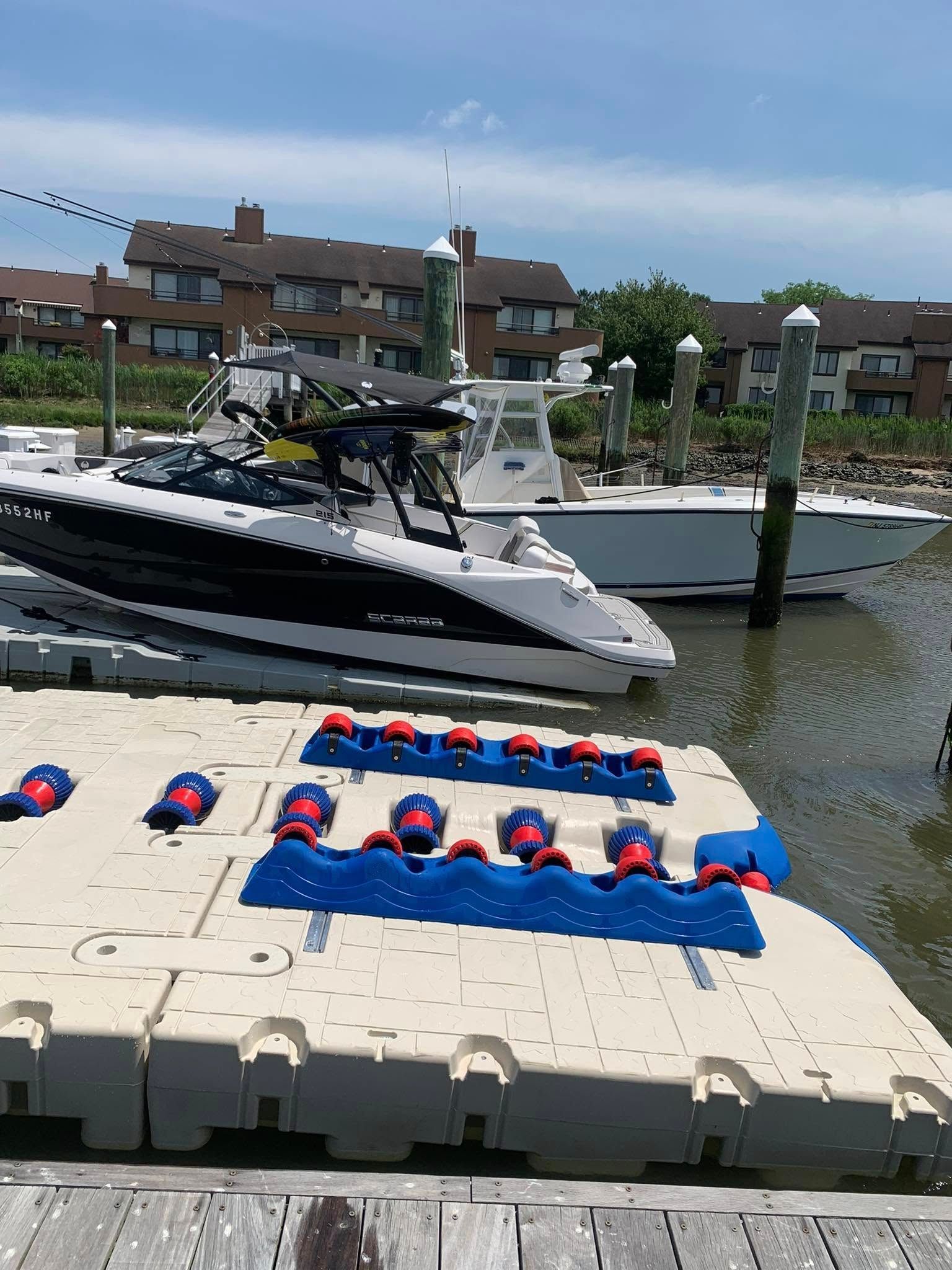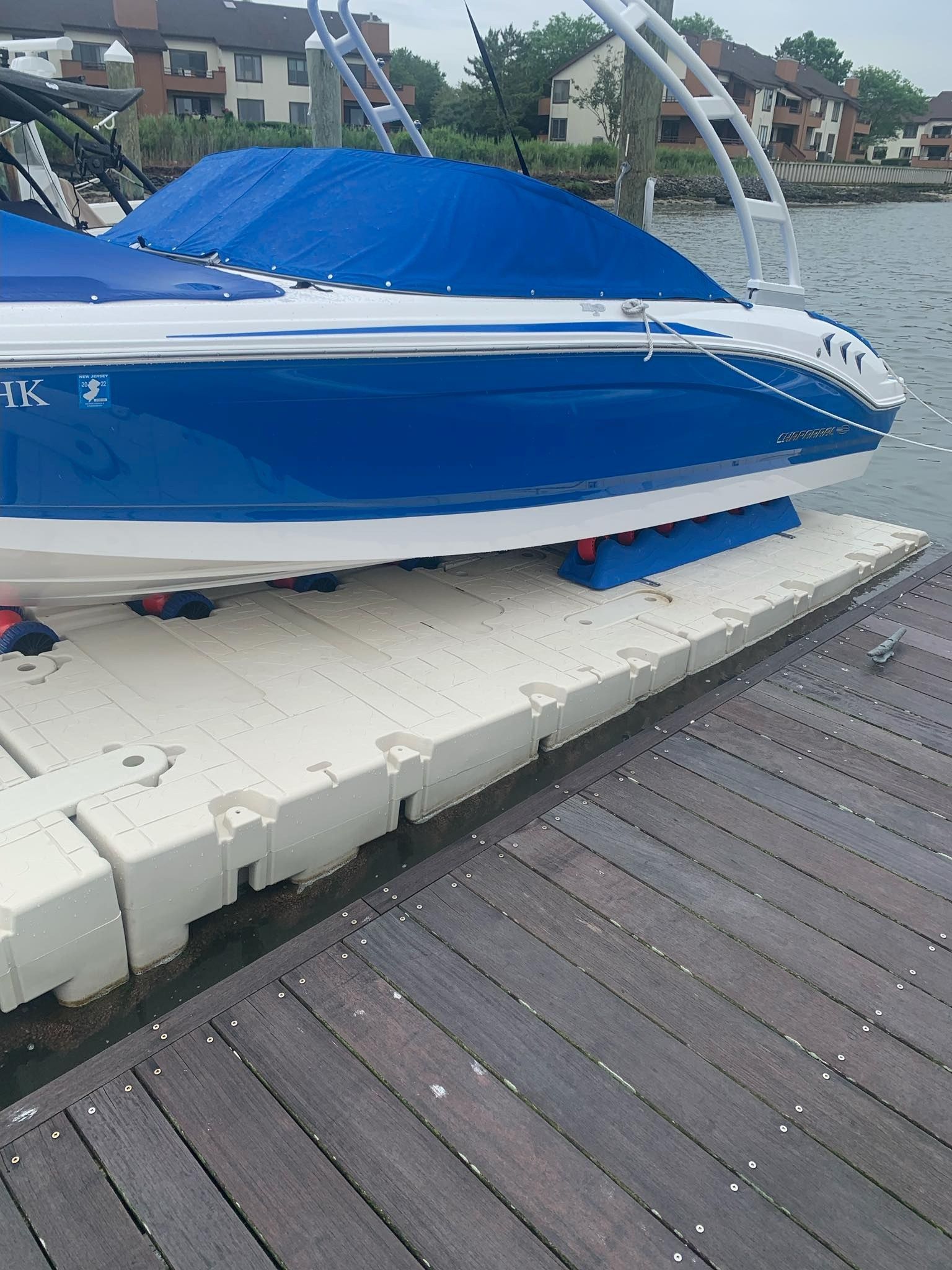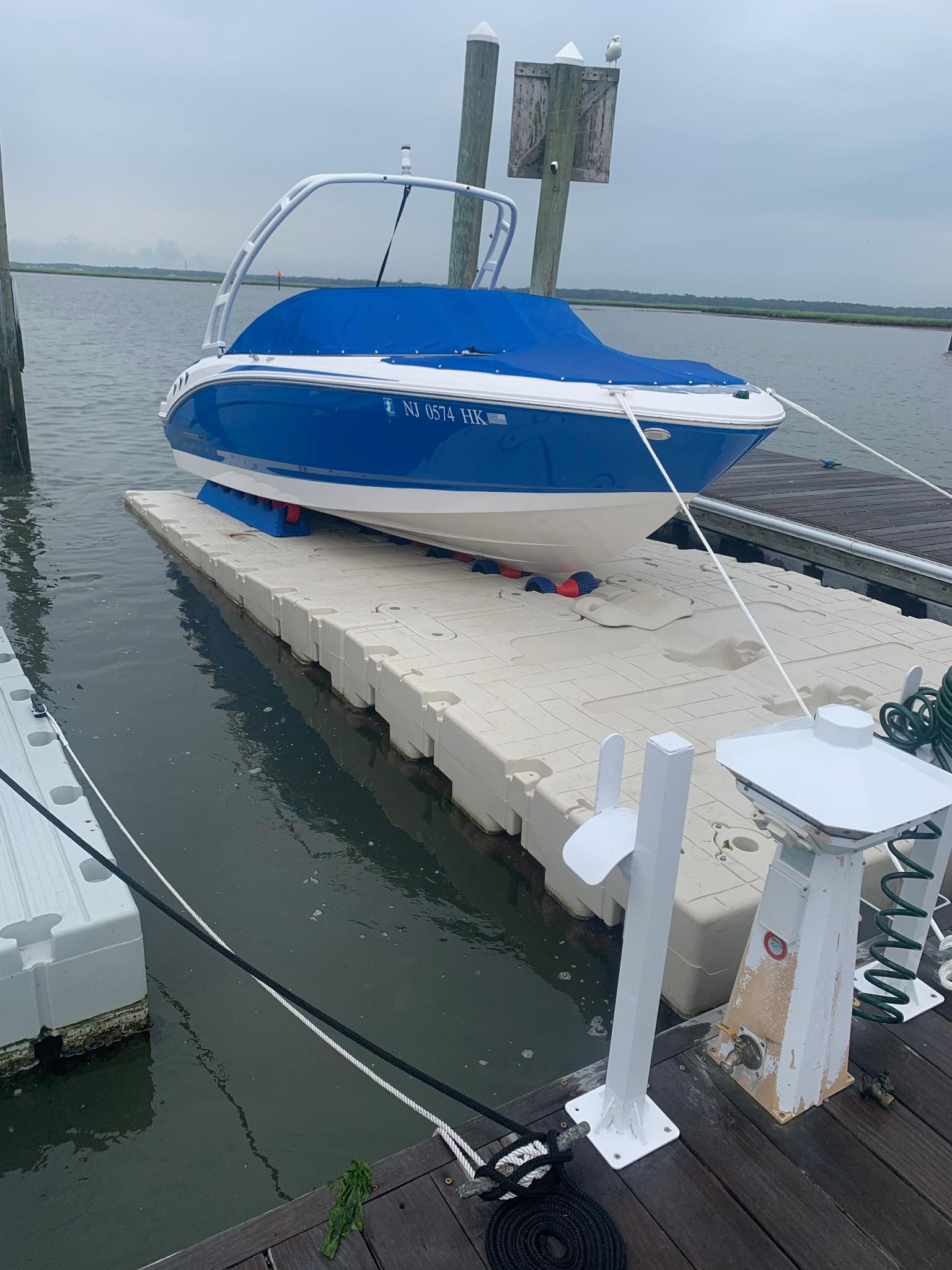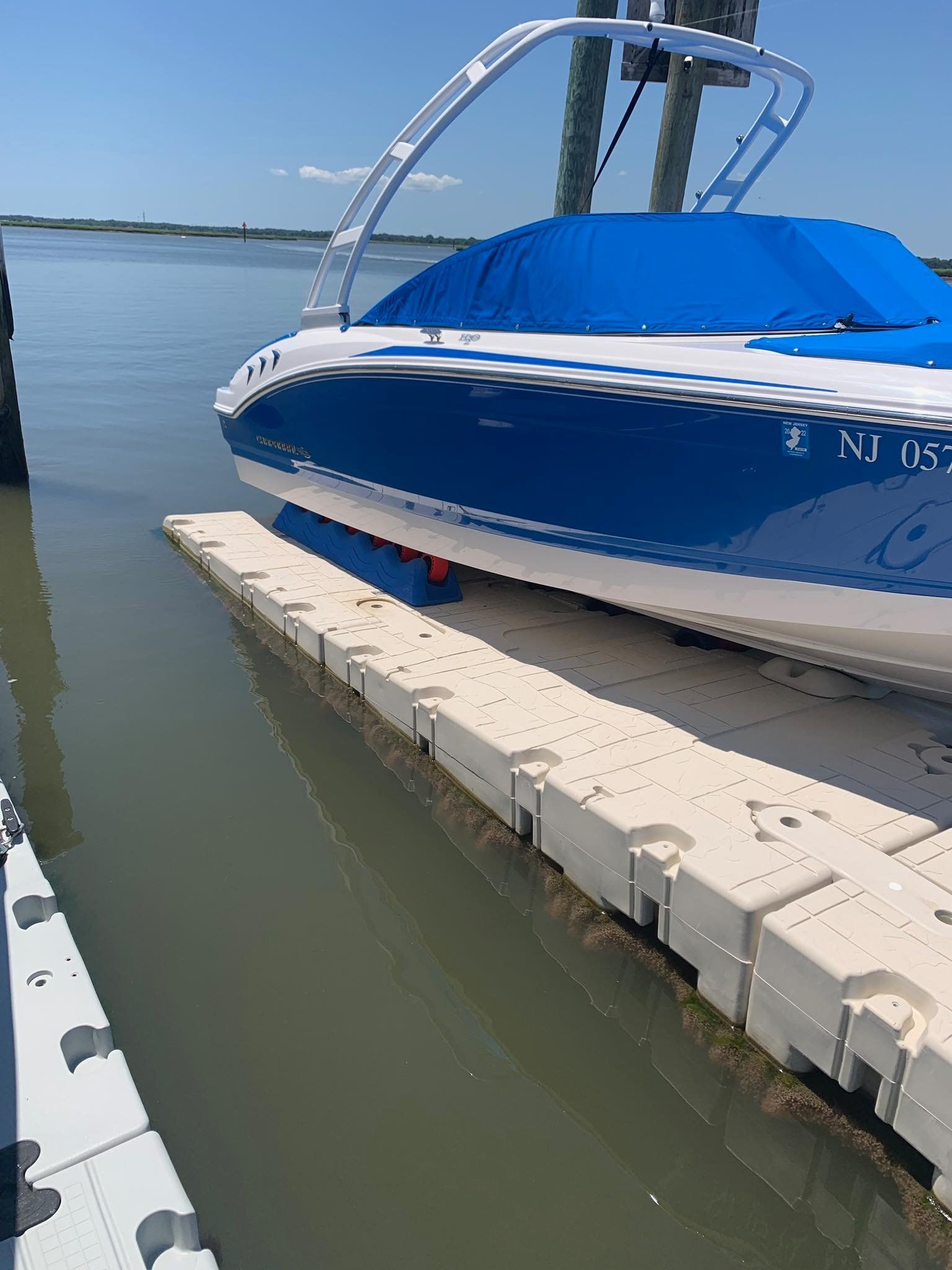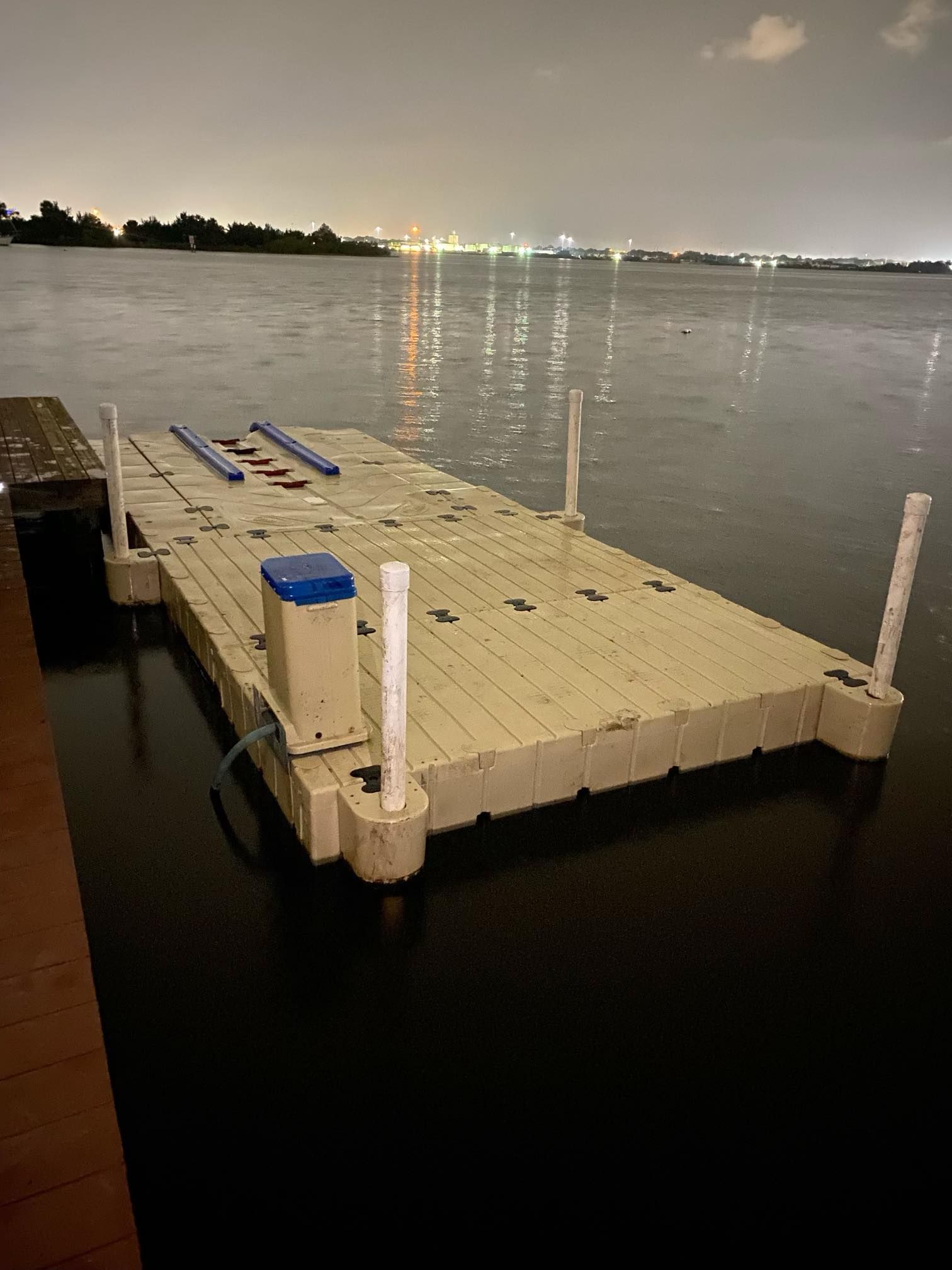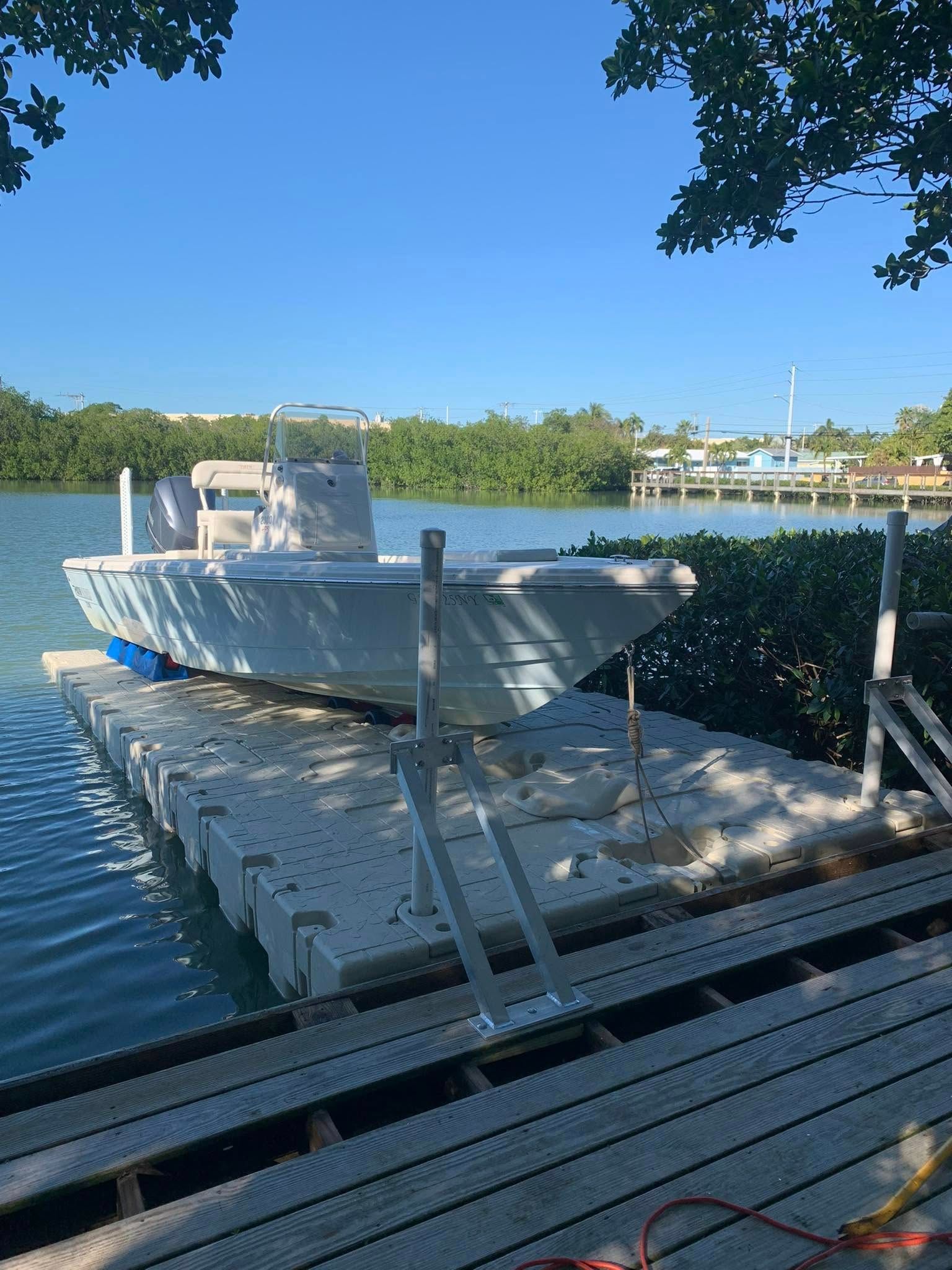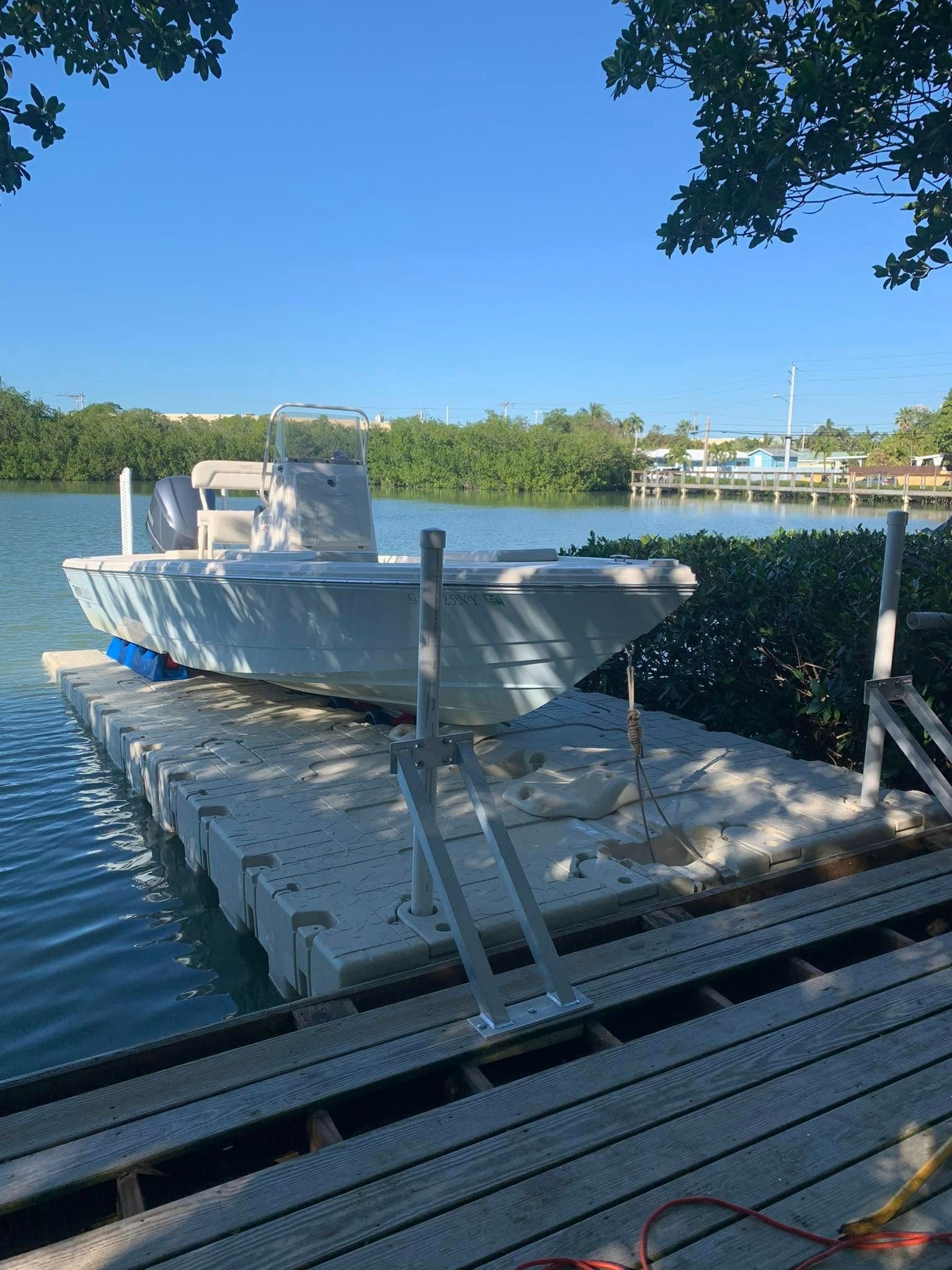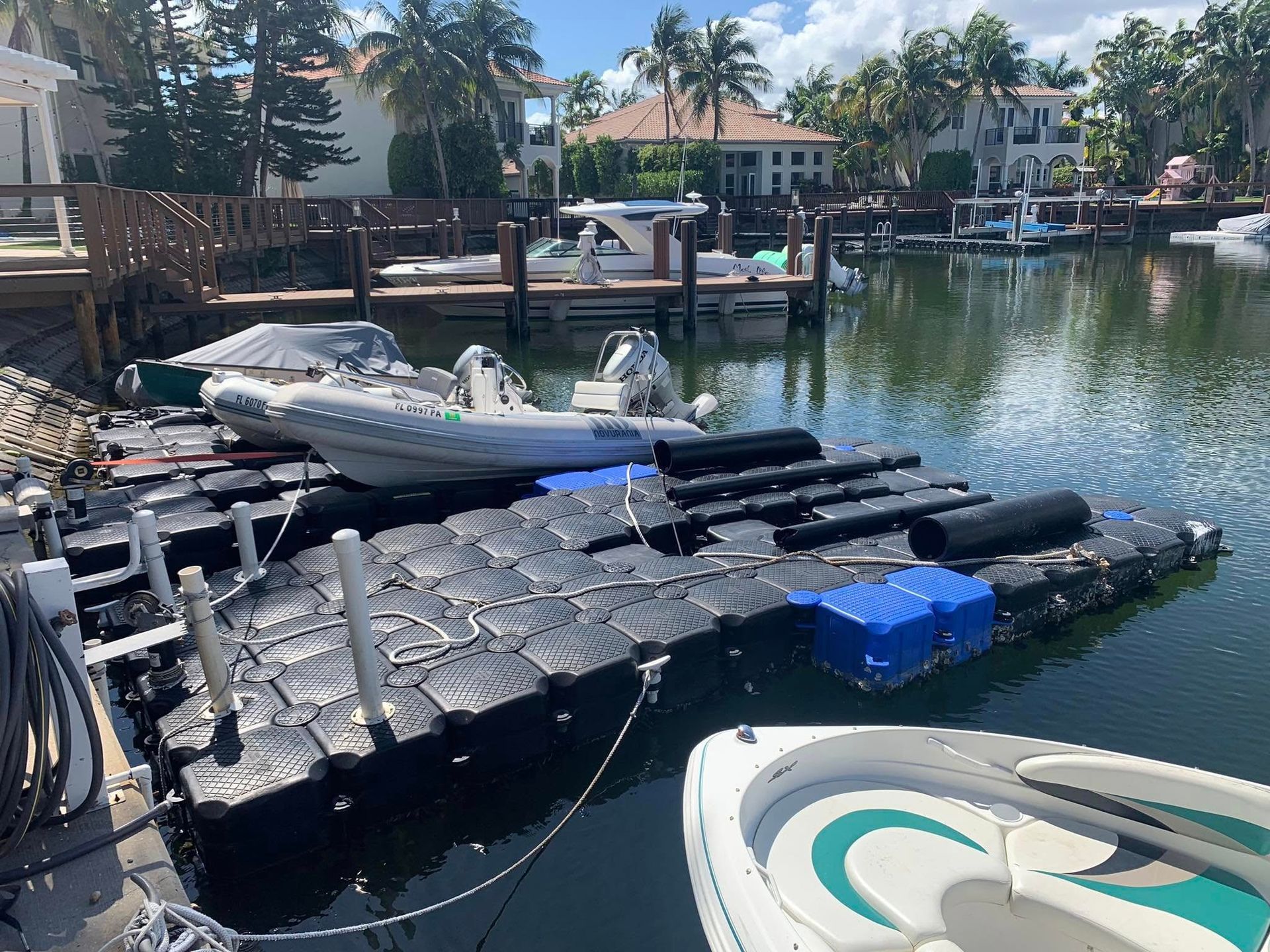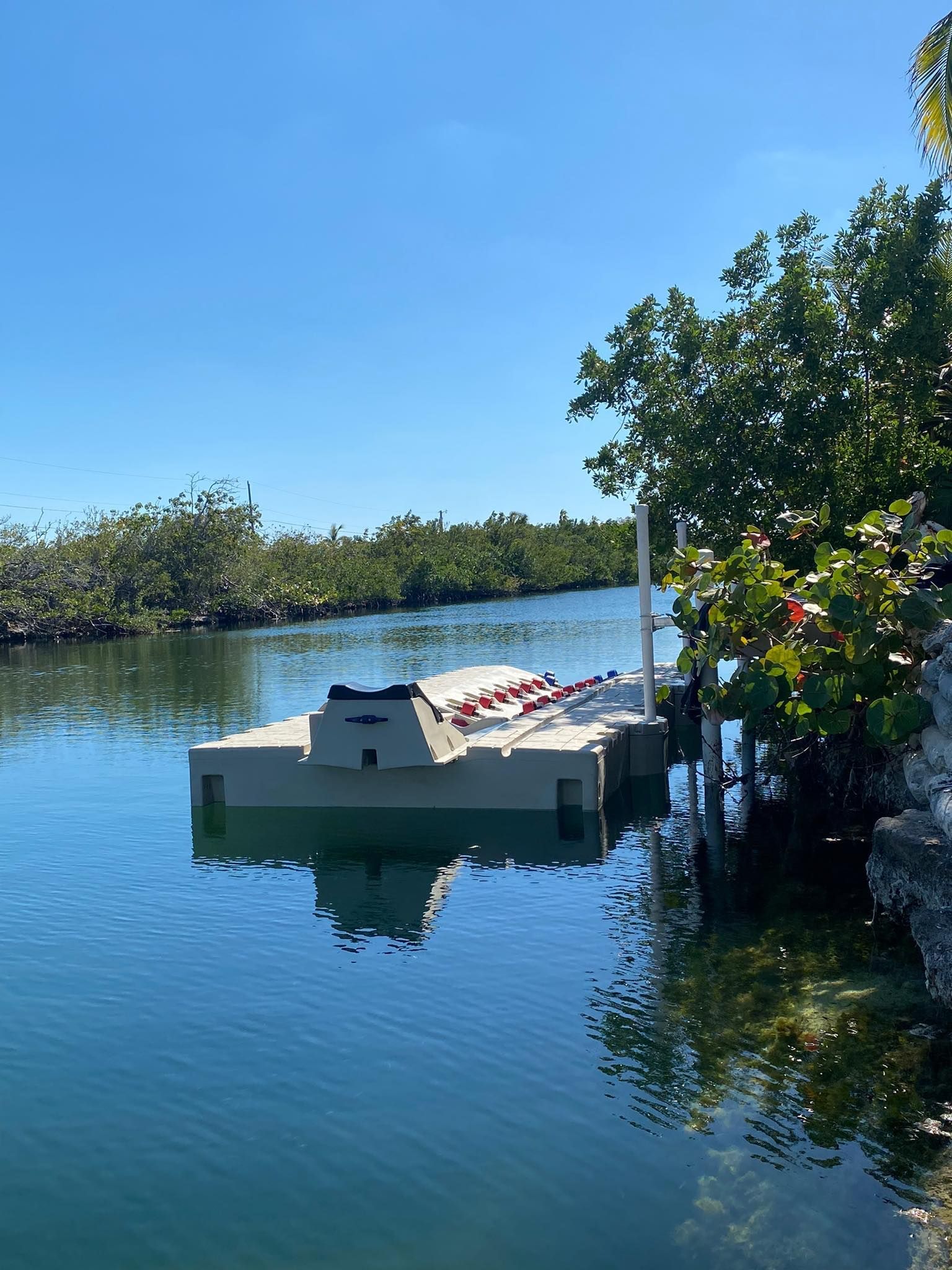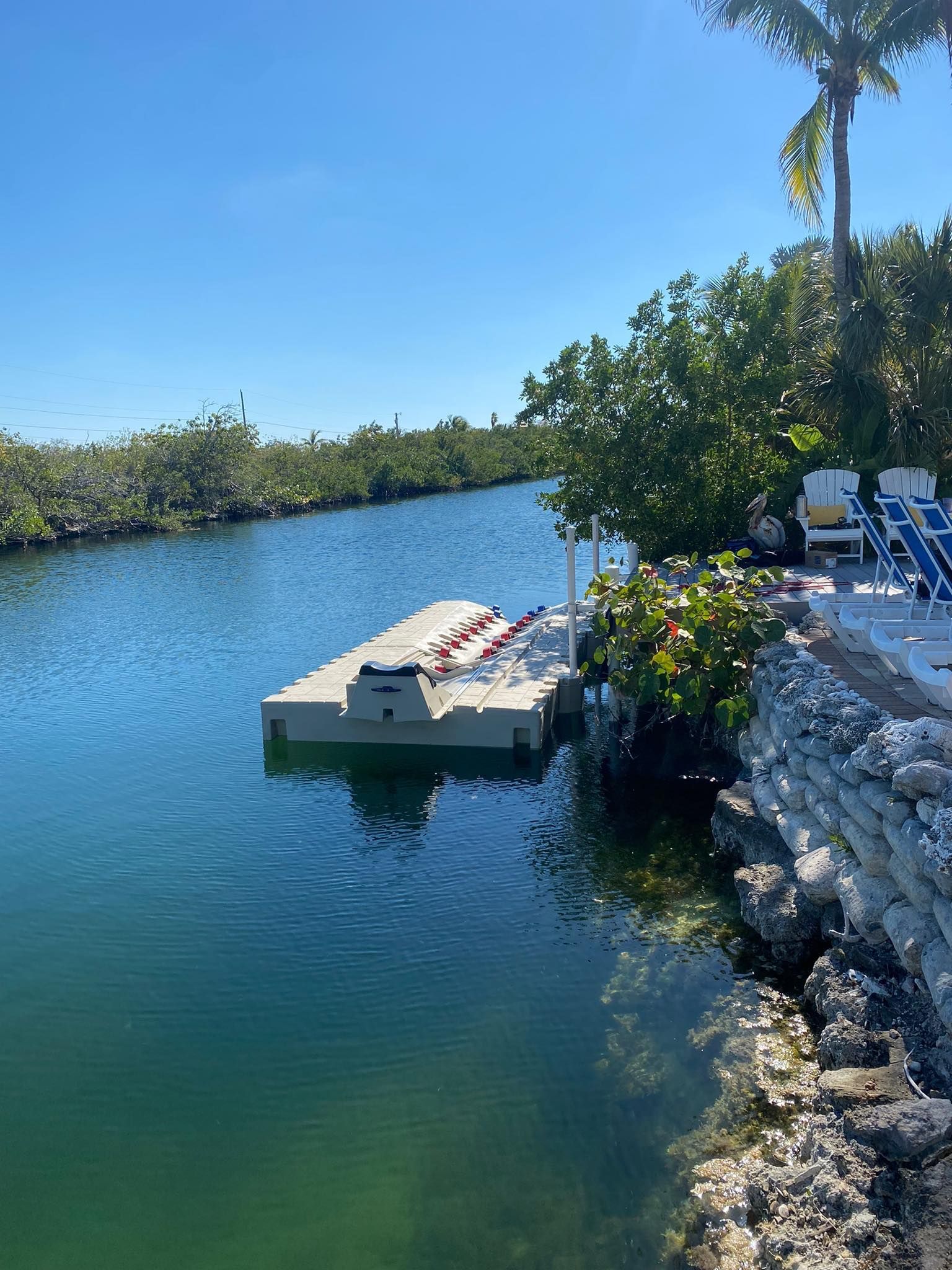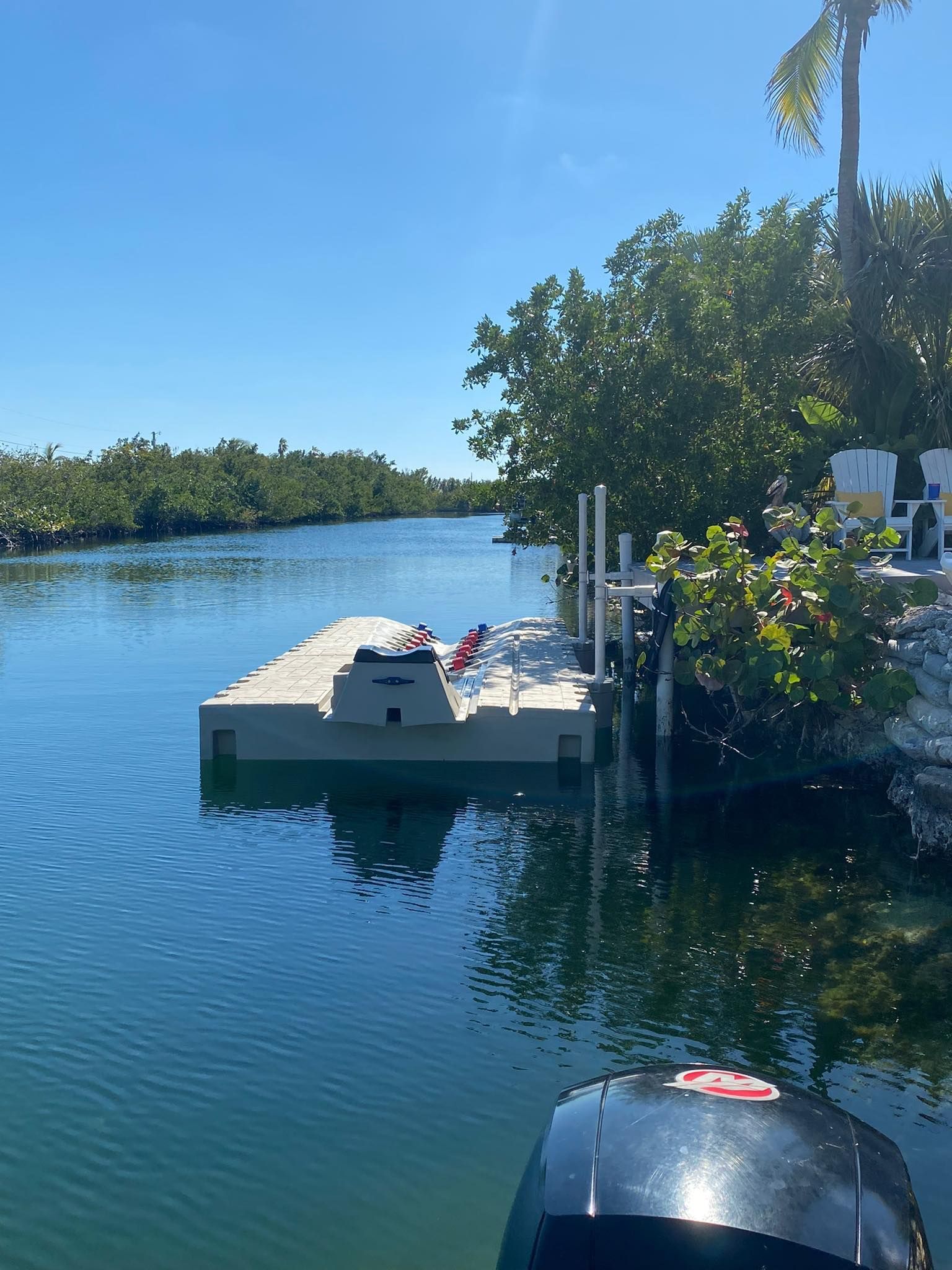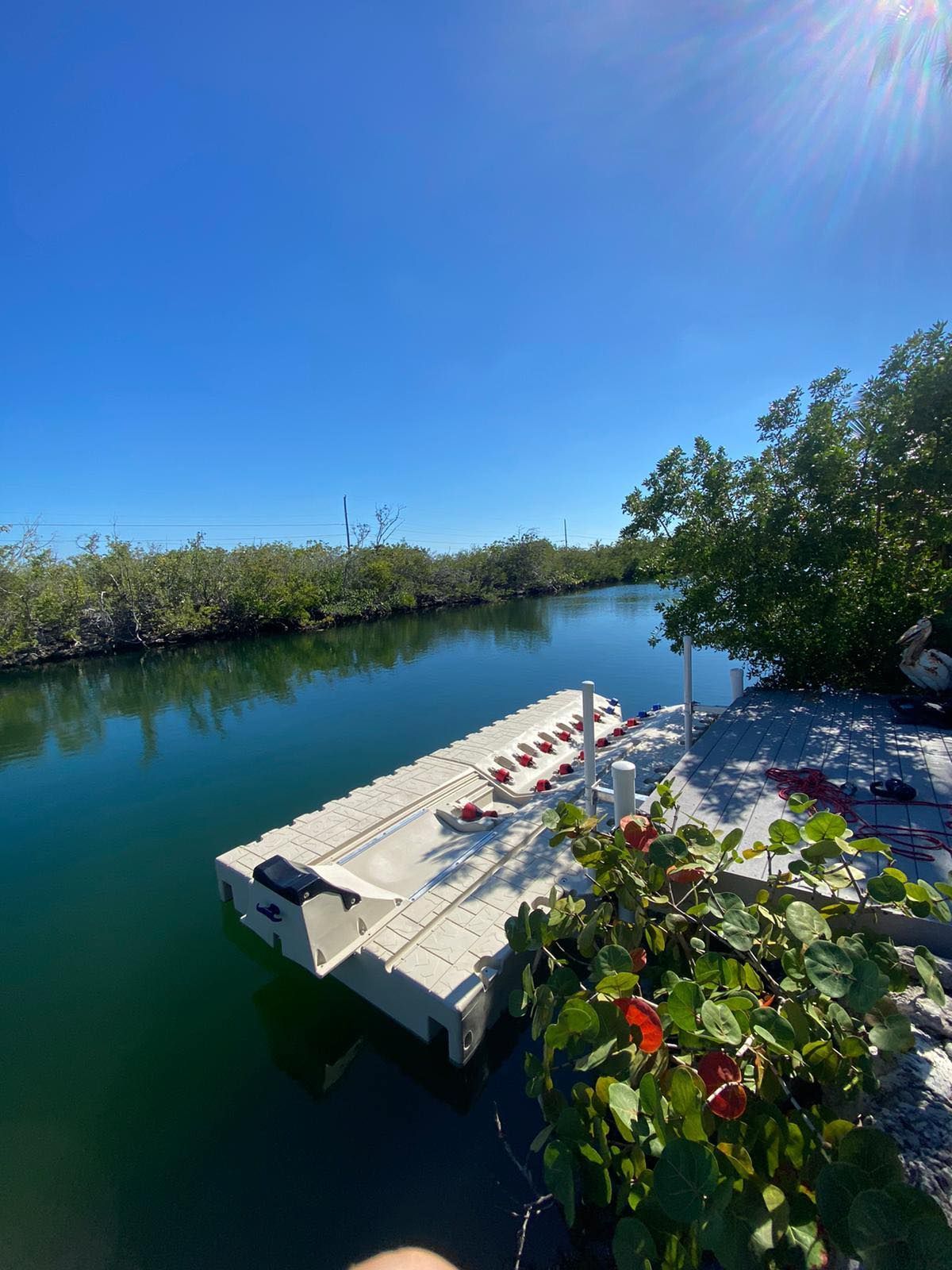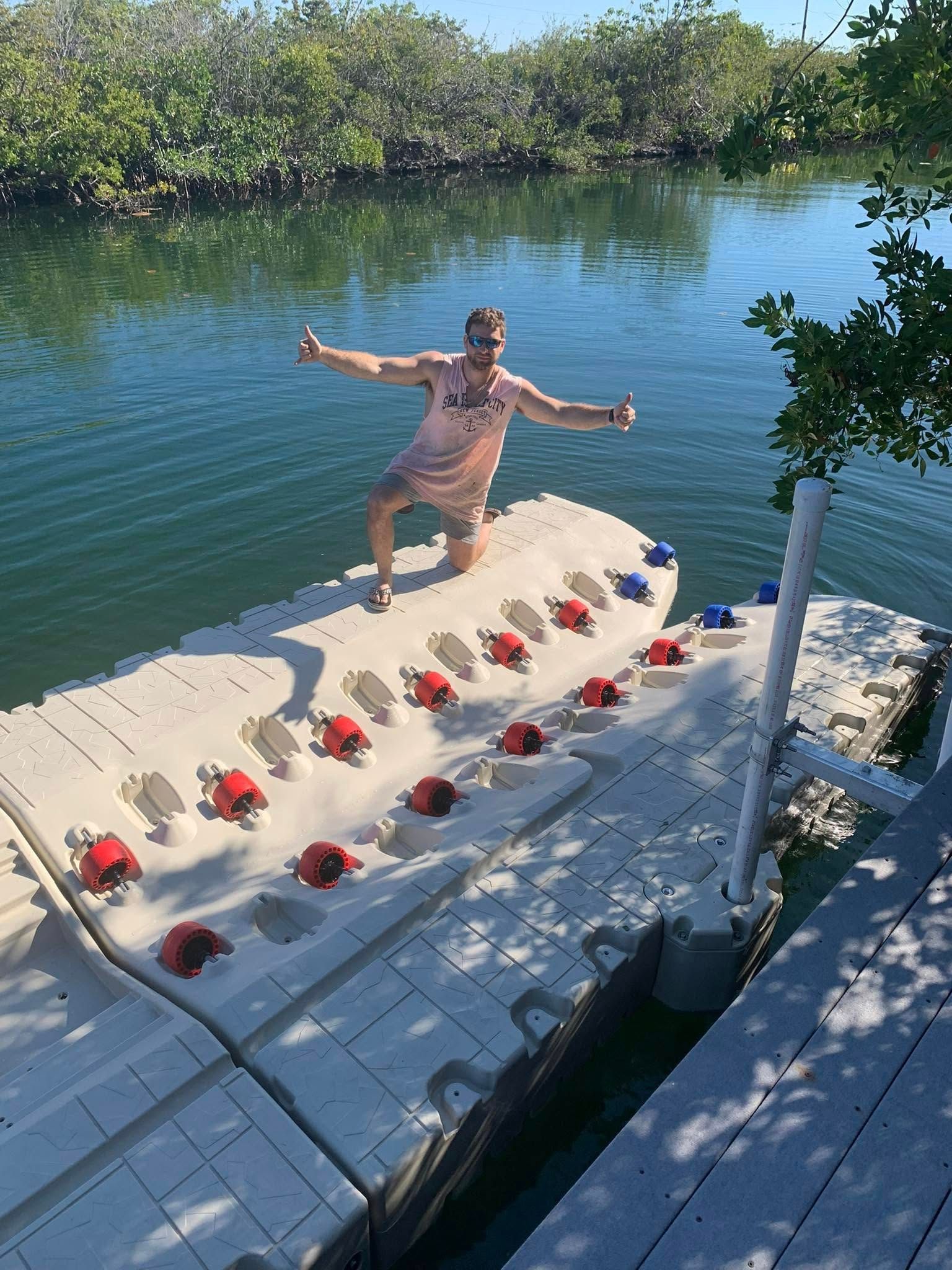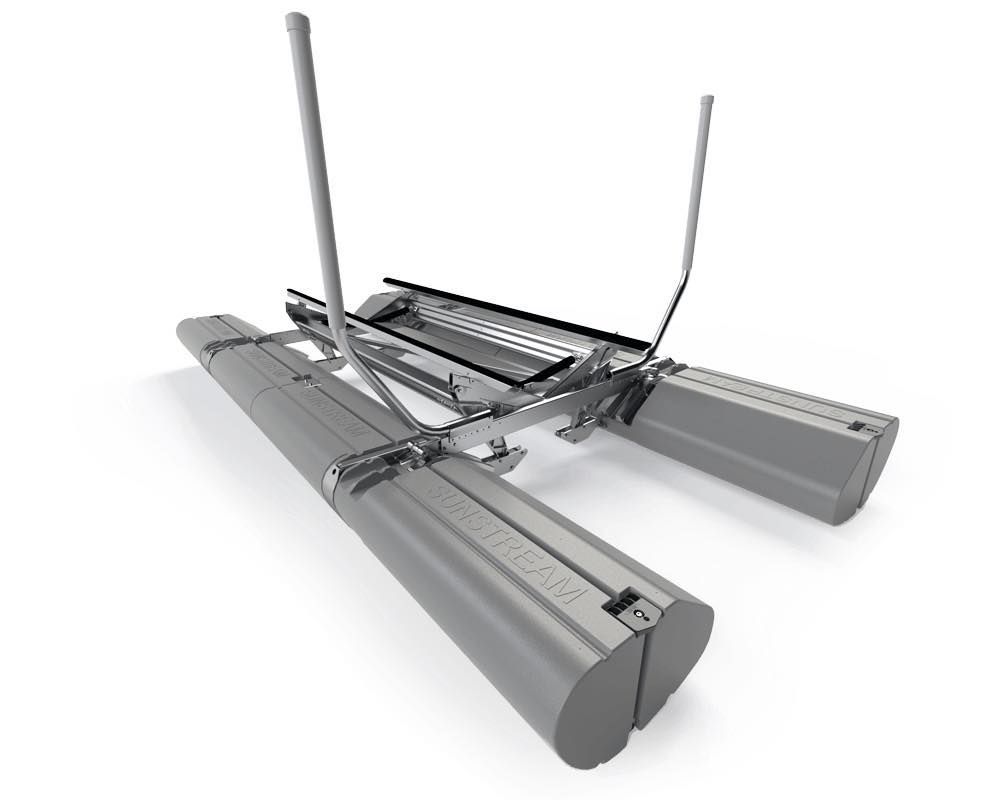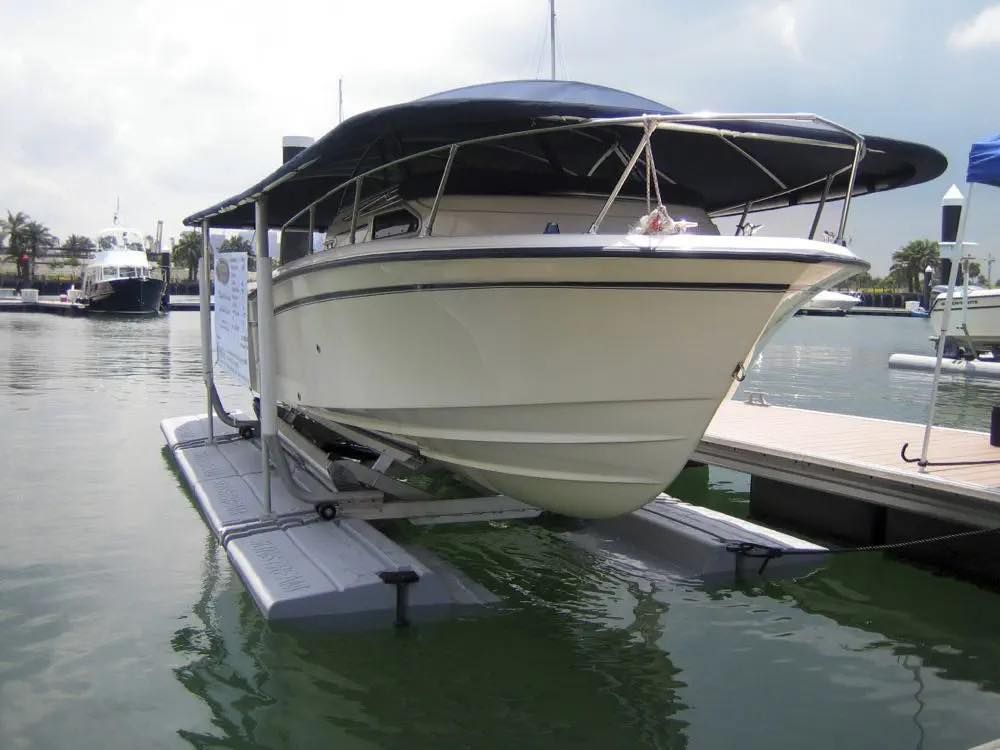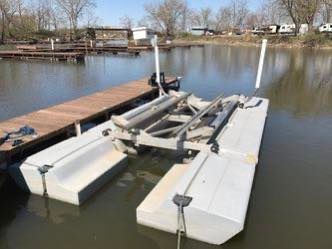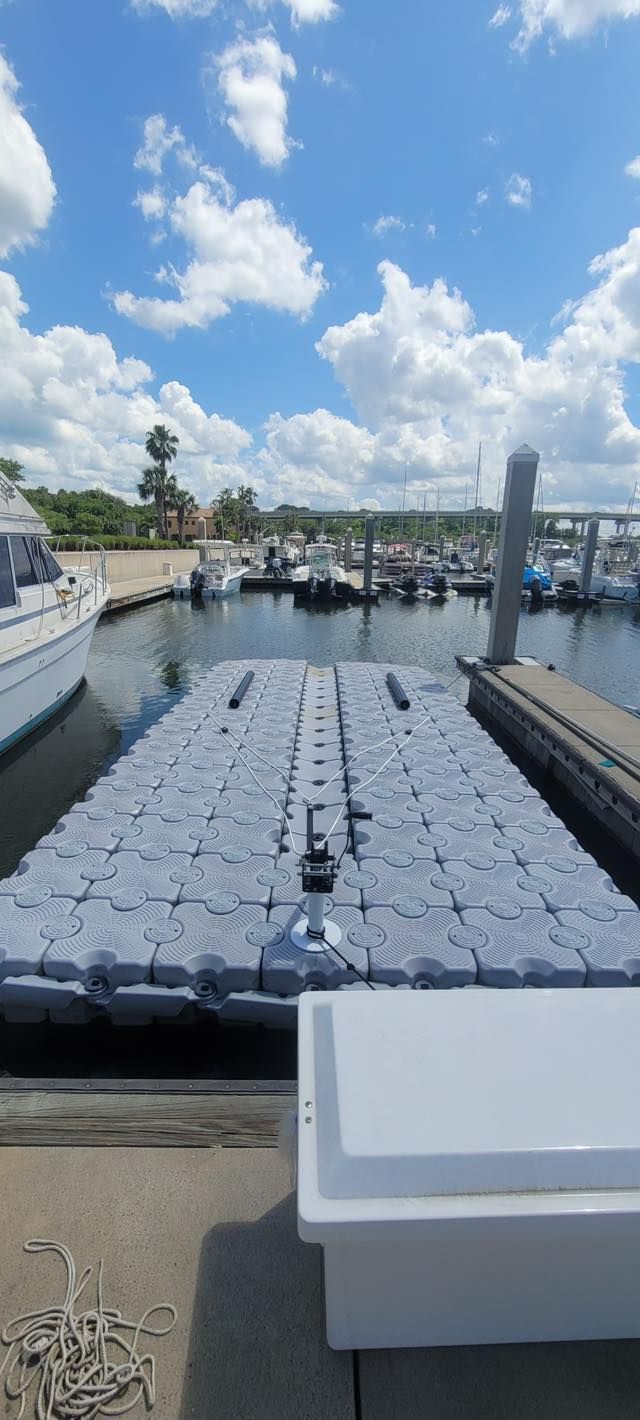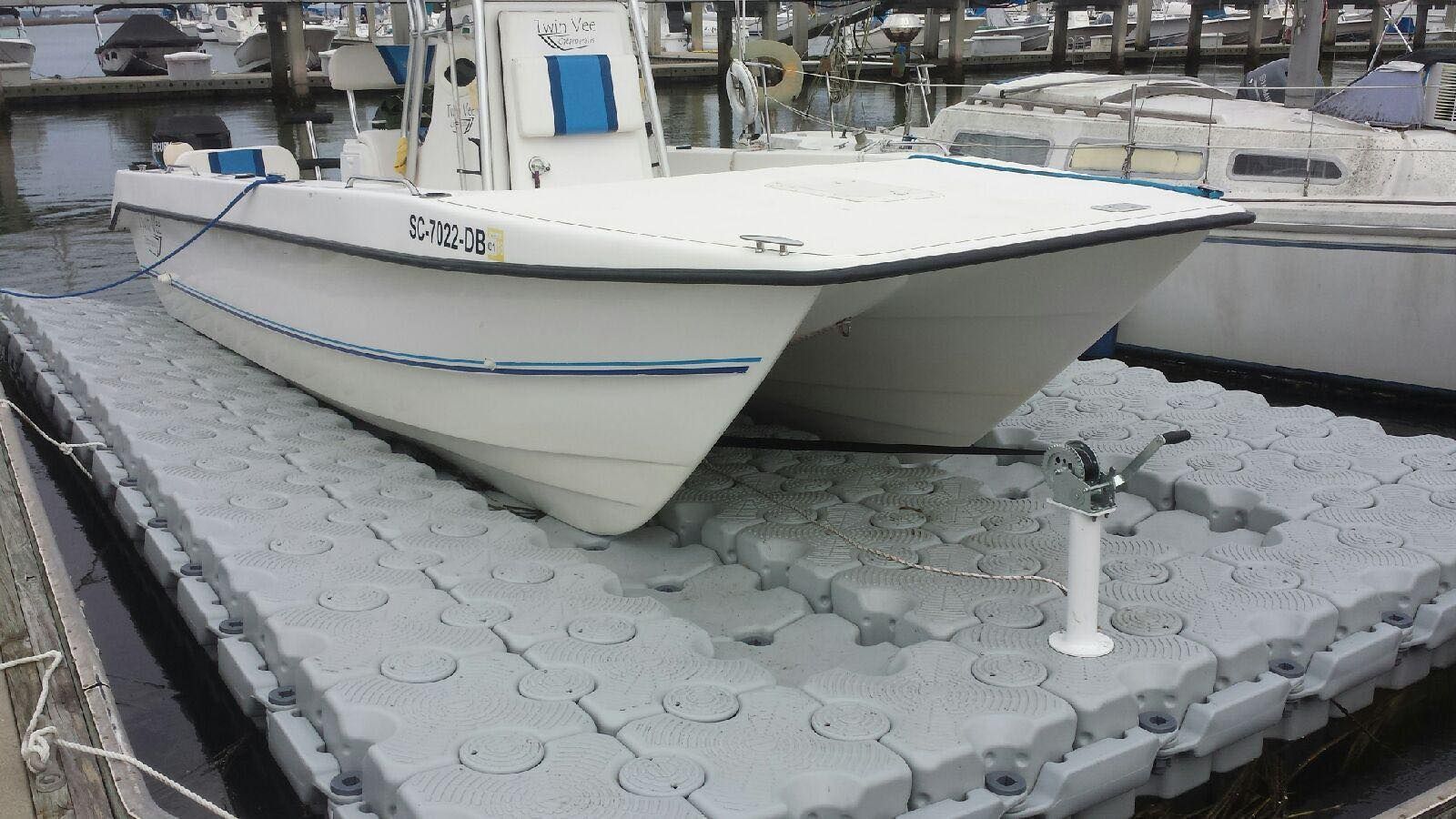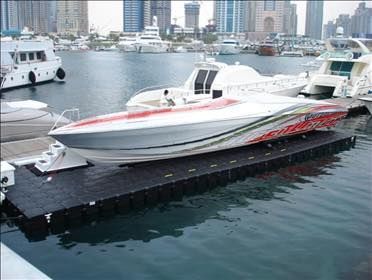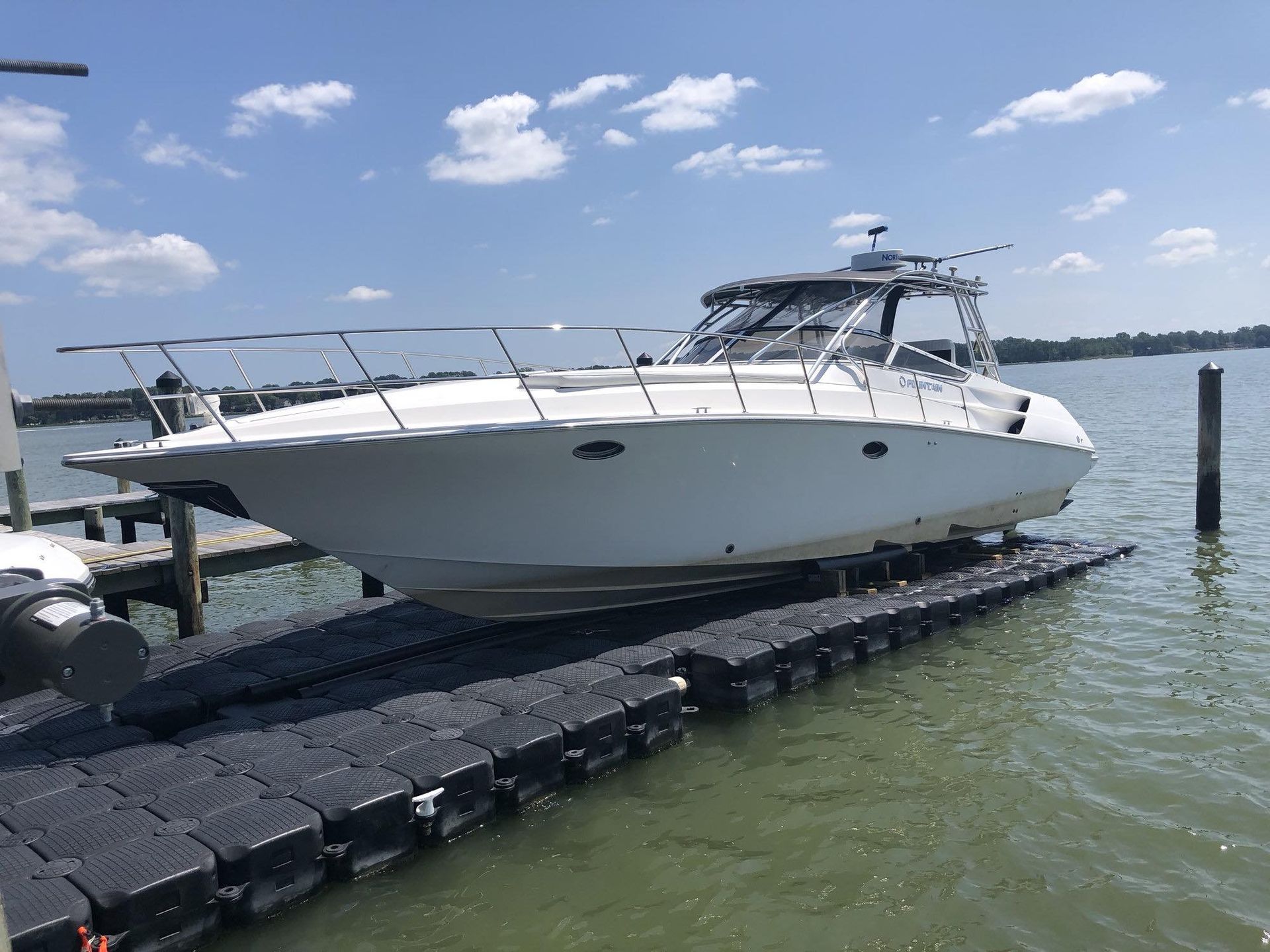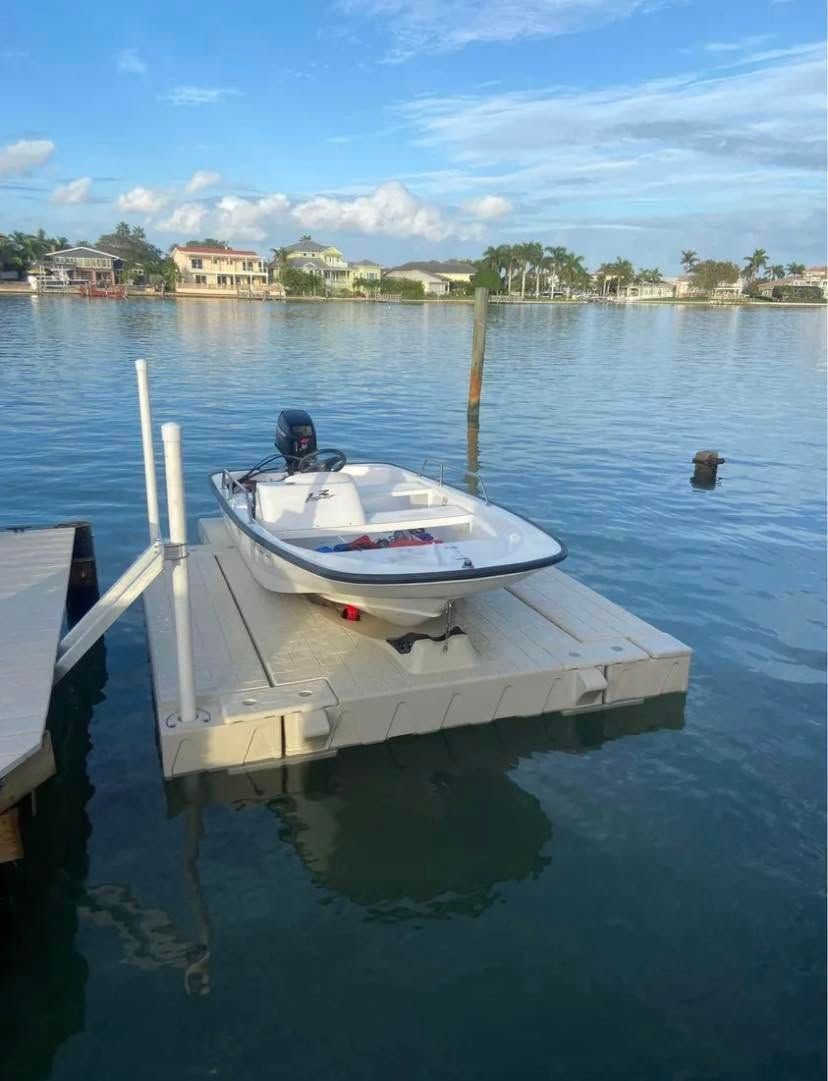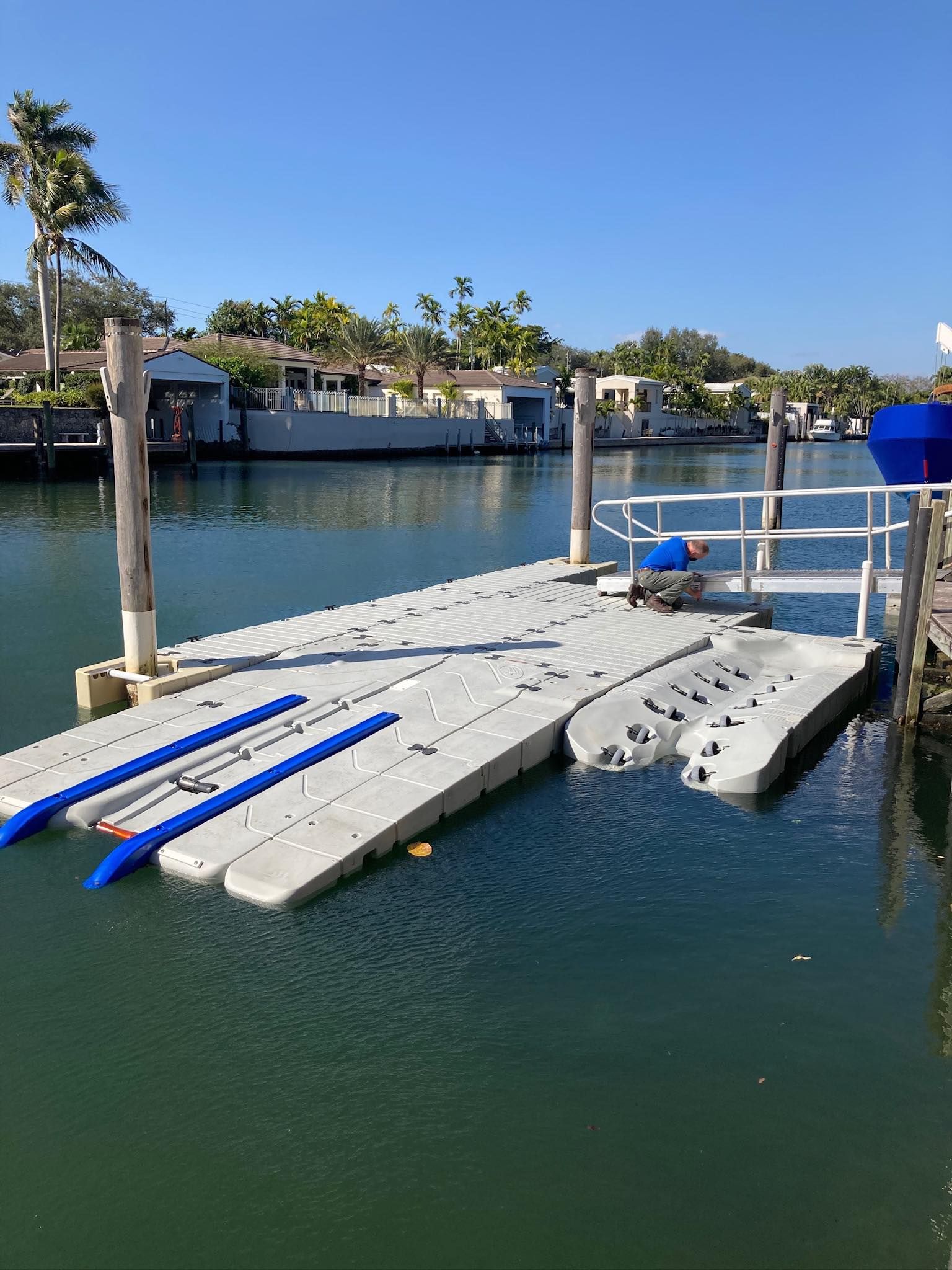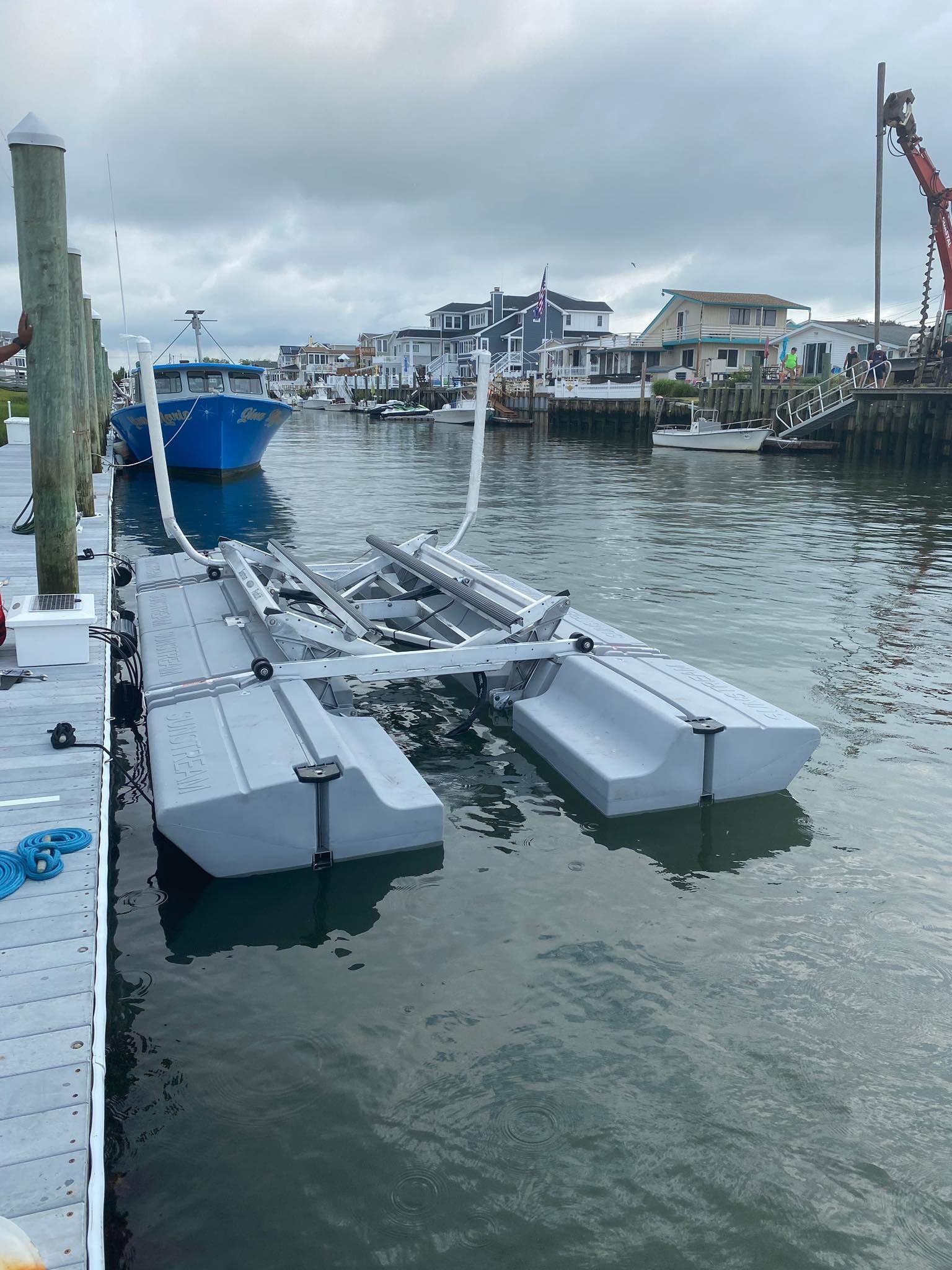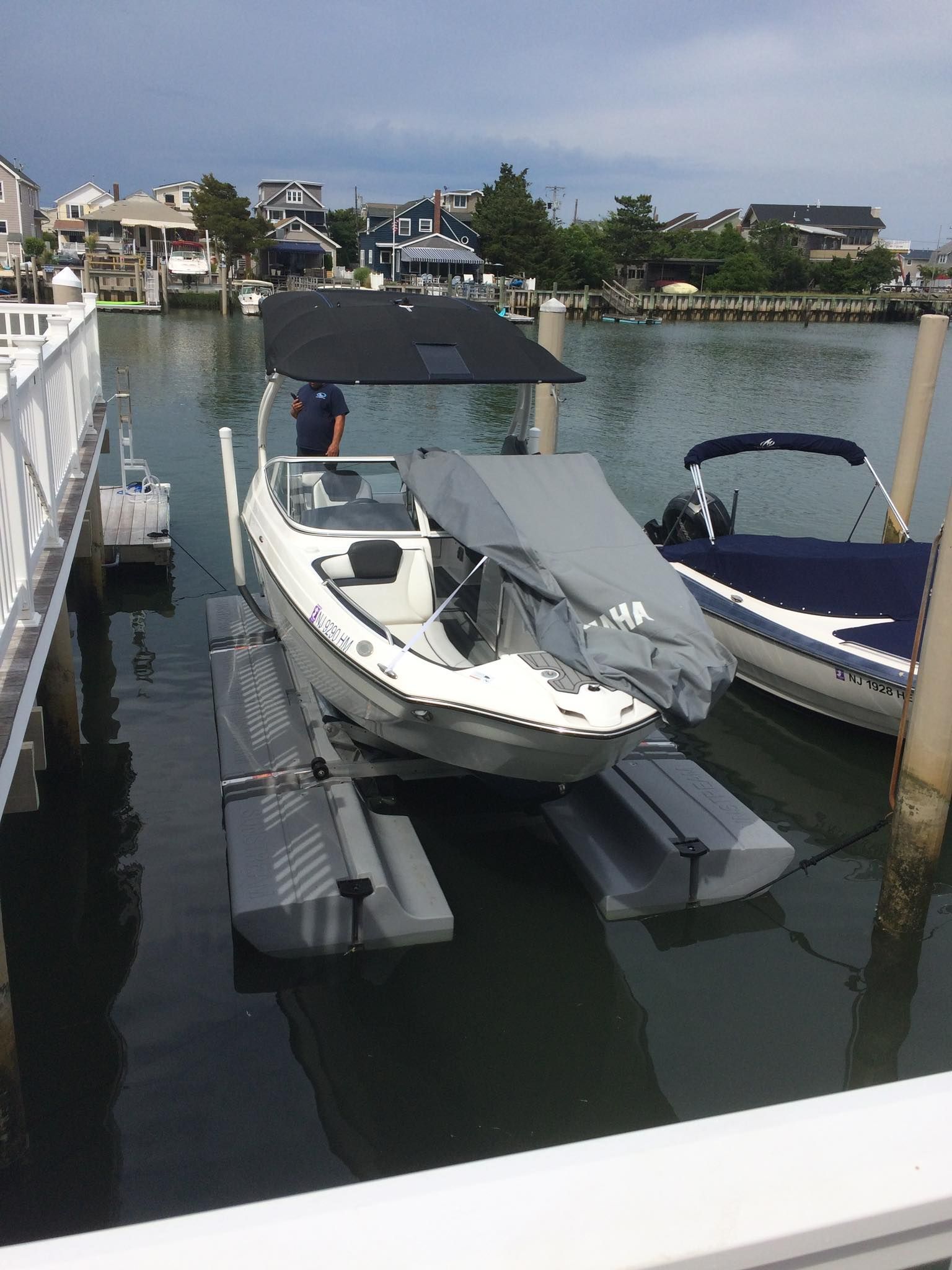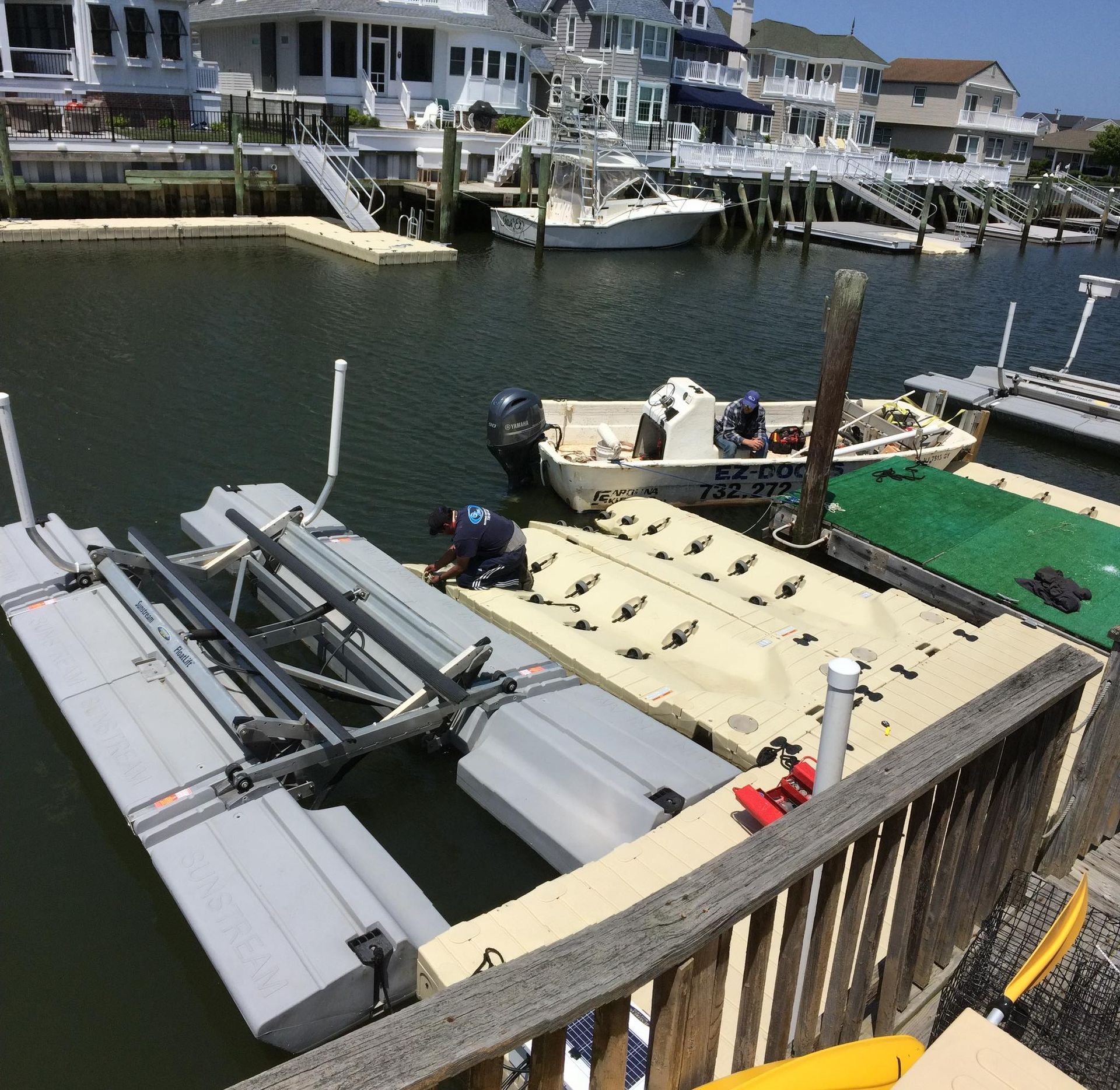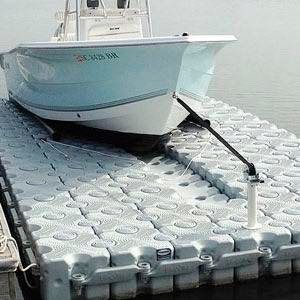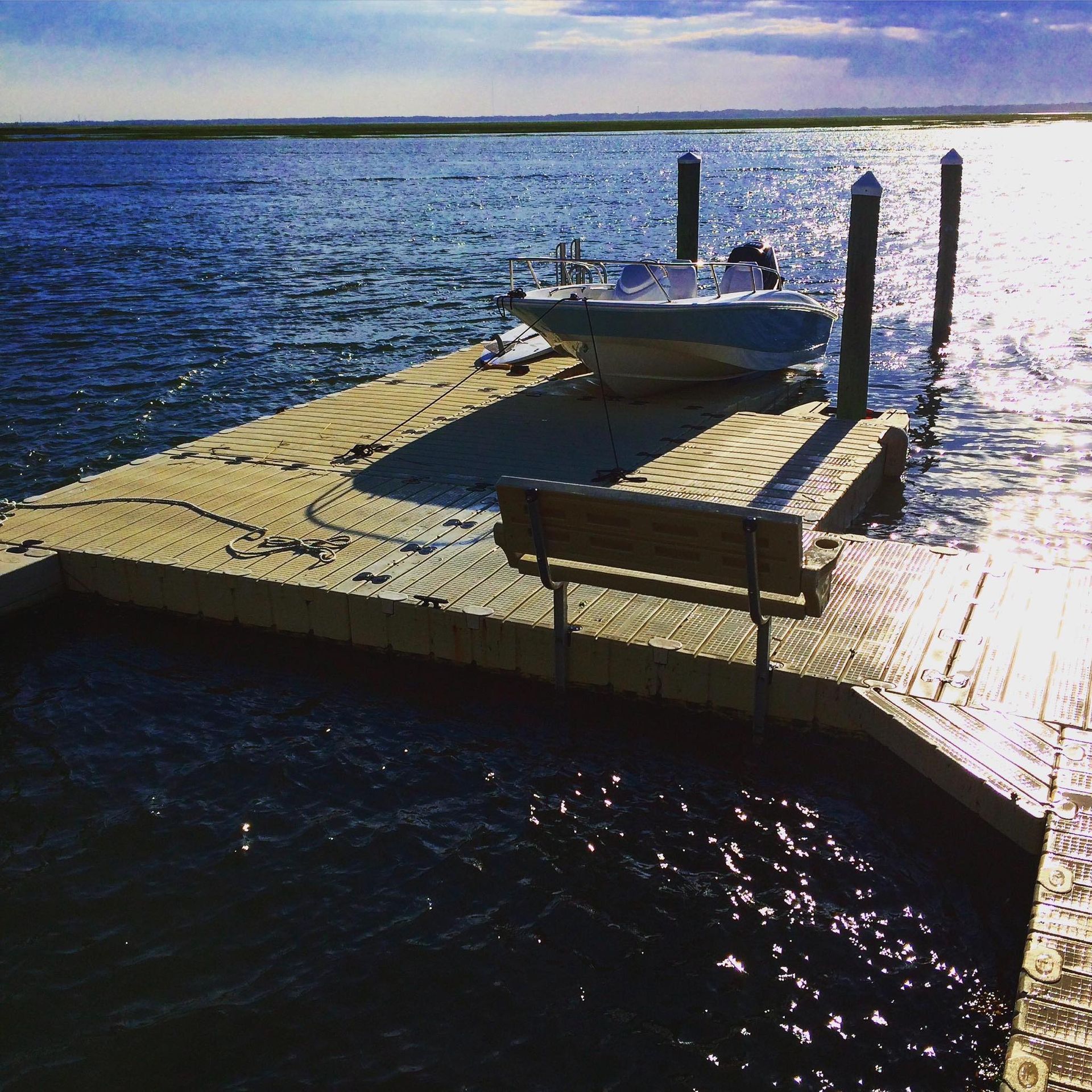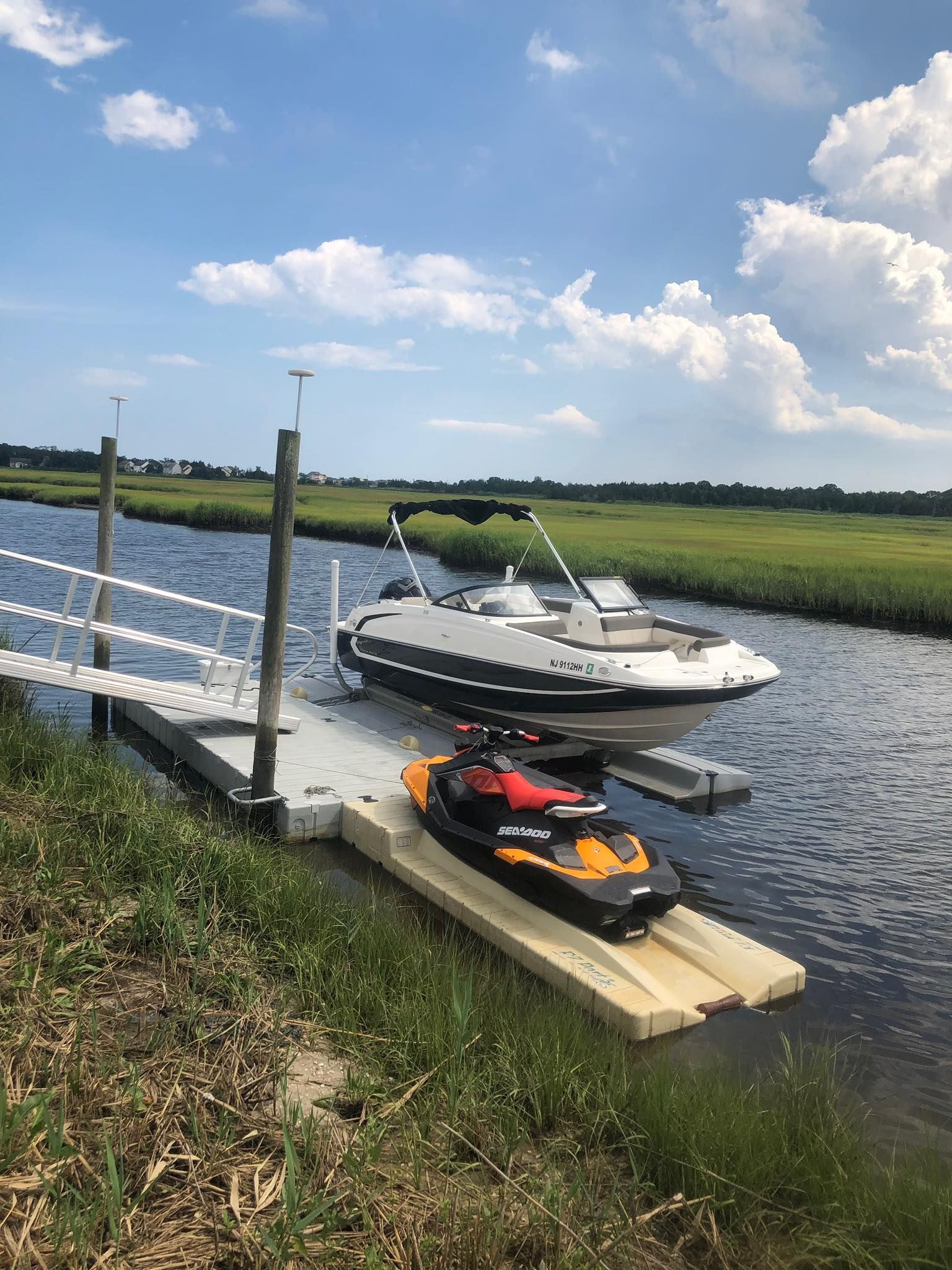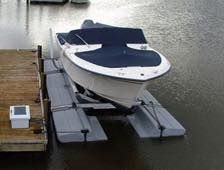Boat Ports
Boat Ports
For boat owners, a secure and convenient place to dock their vessel is paramount. While traditional docks have long served this purpose, a modern alternative is gaining popularity: floating dock boat ports. Offering a blend of flexibility, durability, and ease of use, floating dock boat ports are revolutionizing waterfront access for recreational and commercial boaters alike.
What are Floating Dock Boat Ports?
Unlike fixed docks secured to pilings driven into the seabed, floating dock boat ports consist of interconnected buoyant platforms supported by floats, typically made of polyethylene plastic or concrete. These platforms rise and fall with the tide, providing a consistent, level surface for boarding and disembarking, regardless of water level fluctuations.
Get a Quote Now
Thank you for contacting us.
We will get back to you as soon as possible.
We will get back to you as soon as possible.
Oops, there was an error sending your message.
Please try again later.
Please try again later.
Benefits of Floating Dock Boat Ports:
The advantages of floating dock boat ports are numerous and appealing to a wide range of boaters:
- Stability and Accessibility: Floating dock boat ports provide a stable and level platform, making boarding and unloading cargo significantly easier and safer, especially for elderly individuals or those with mobility issues. The constant height eliminates the need to step up or down depending on the tide.
- Adaptability and Flexibility: Their modular design allows for easy reconfiguration and expansion. Need a longer dock? Simply add more sections. Want a different layout? The interconnected design allows for customization to fit specific needs and waterfront conditions.
- Reduced Environmental Impact: Compared to traditional docks, floating dock boat ports often require less impact on the surrounding ecosystem. They eliminate the need for driving pilings, which can disrupt marine habitats and increase turbidity.
- Durability and Low Maintenance: Constructed from durable materials like high-density polyethylene (HDPE), floating dock boat ports are resistant to weathering, corrosion, and marine growth. This translates to less maintenance and a longer lifespan compared to traditional wooden docks.
- Easier Installation and Relocation: Installation of floating dock boat ports is often simpler and less disruptive than fixed docks. Furthermore, they can be relatively easily relocated if necessary, making them ideal for seasonal use or temporary installations.
- Improved Aesthetics: Floating dock boat ports can blend seamlessly with the surrounding environment, offering a sleek and modern look to any waterfront property.
Types of Floating Dock boat ports:
The market offers a variety of floating dock boat port types to suit different needs and budgets:
- Cubed Floating Dock boat ports: Constructed from interlocking polyethylene cubes, these docks are versatile and easily assembled. They are ideal for smaller boats, personal watercraft, and swimming platforms.
- Modular Floating Dock boat ports: Utilizing larger, pre-fabricated sections, these docks offer increased stability and weight capacity. They are suitable for larger vessels and commercial applications.
- Concrete Floating Dock boat ports: These heavy-duty docks provide superior stability and longevity, making them ideal for marinas, commercial ports, and areas subject to rough weather conditions.
Applications Beyond Boat Docks:
The versatility of floating dock boat port extends beyond traditional boat docking. They are also used for:
- Swim Platforms: Providing a safe and accessible area for swimming and water activities.
- Fishing Piers: Offering a stable and comfortable platform for anglers.
- Waterfront Restaurants and Bars: Expanding outdoor seating options and creating unique dining experiences.
- Event Stages: Providing a flexible and adaptable platform for concerts and performances.
- Military and Emergency Response: Serving as temporary platforms for operations in challenging environments.
The Future of Waterfront Access:
Floating dock boat ports are rapidly becoming the preferred choice for boat owners and waterfront property owners seeking a durable, adaptable, and environmentally conscious docking solution. As technology advances and prices become more competitive, their popularity is sure to continue to rise, solidifying their role as a key component in the future of waterfront access and recreation.
Whether you are a seasoned boater, a waterfront business owner, or simply looking to enhance your waterfront property, floating dock boat ports offer a compelling alternative that combines practicality, durability, and aesthetic appeal. They represent a smart investment that will enhance your enjoyment of the water for years to come.

